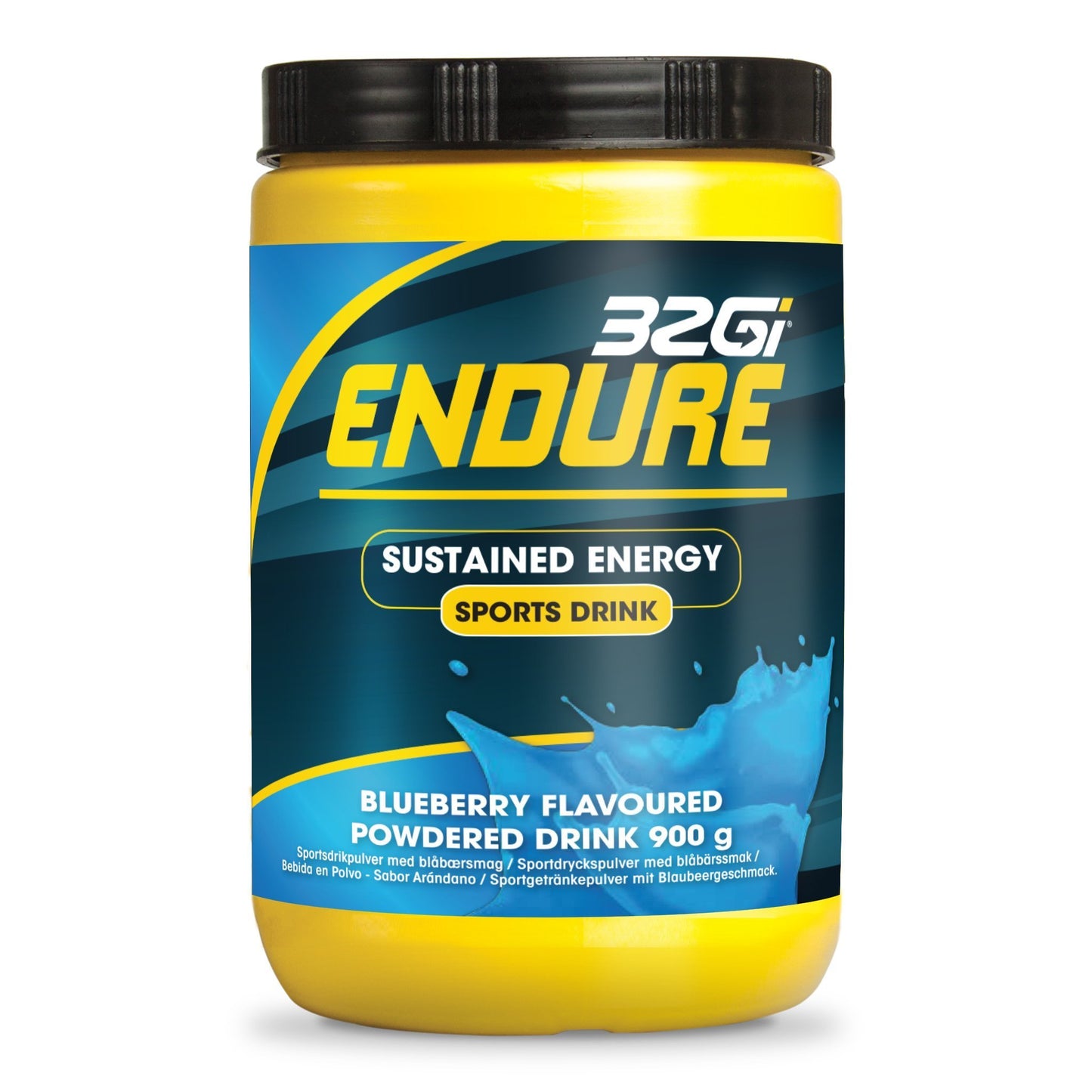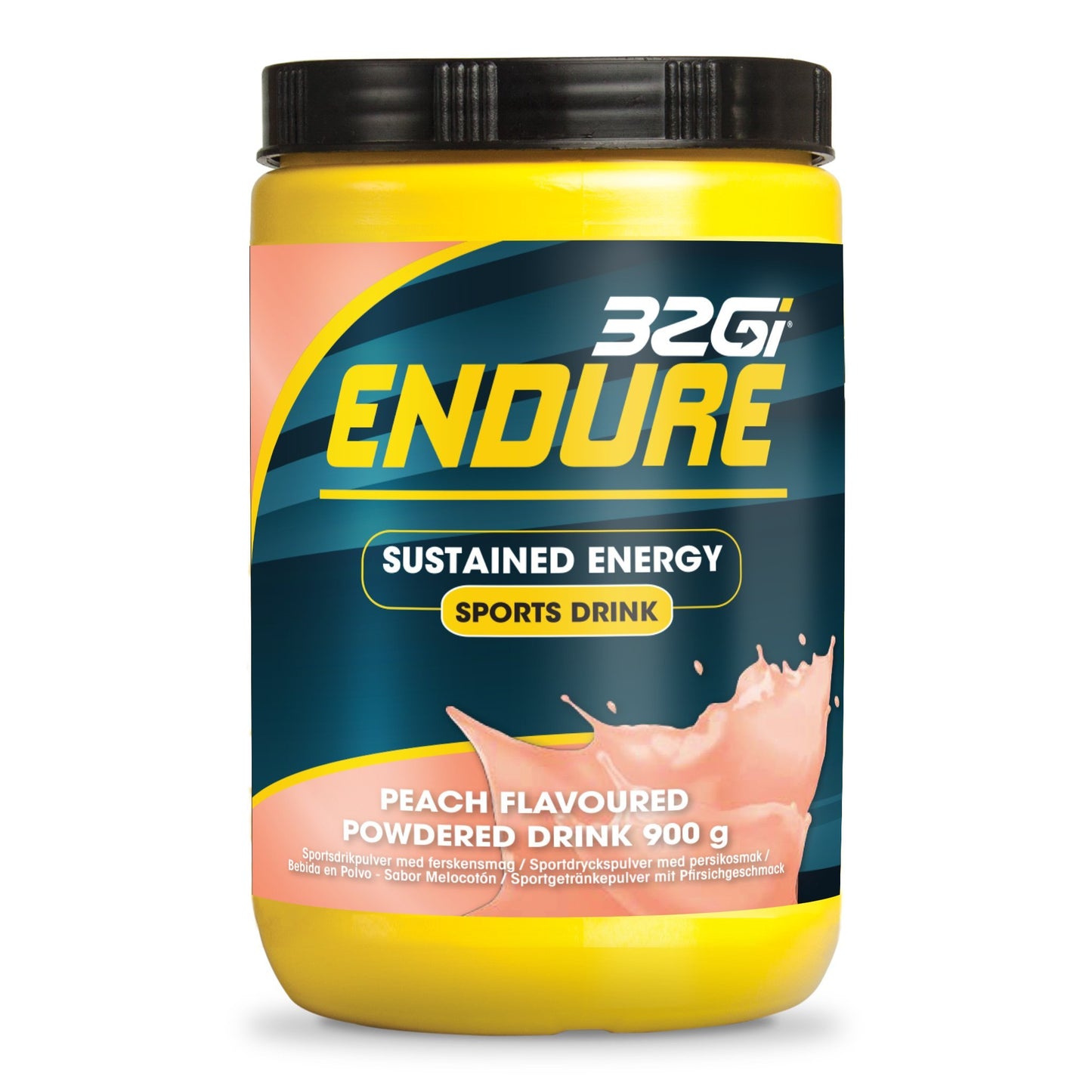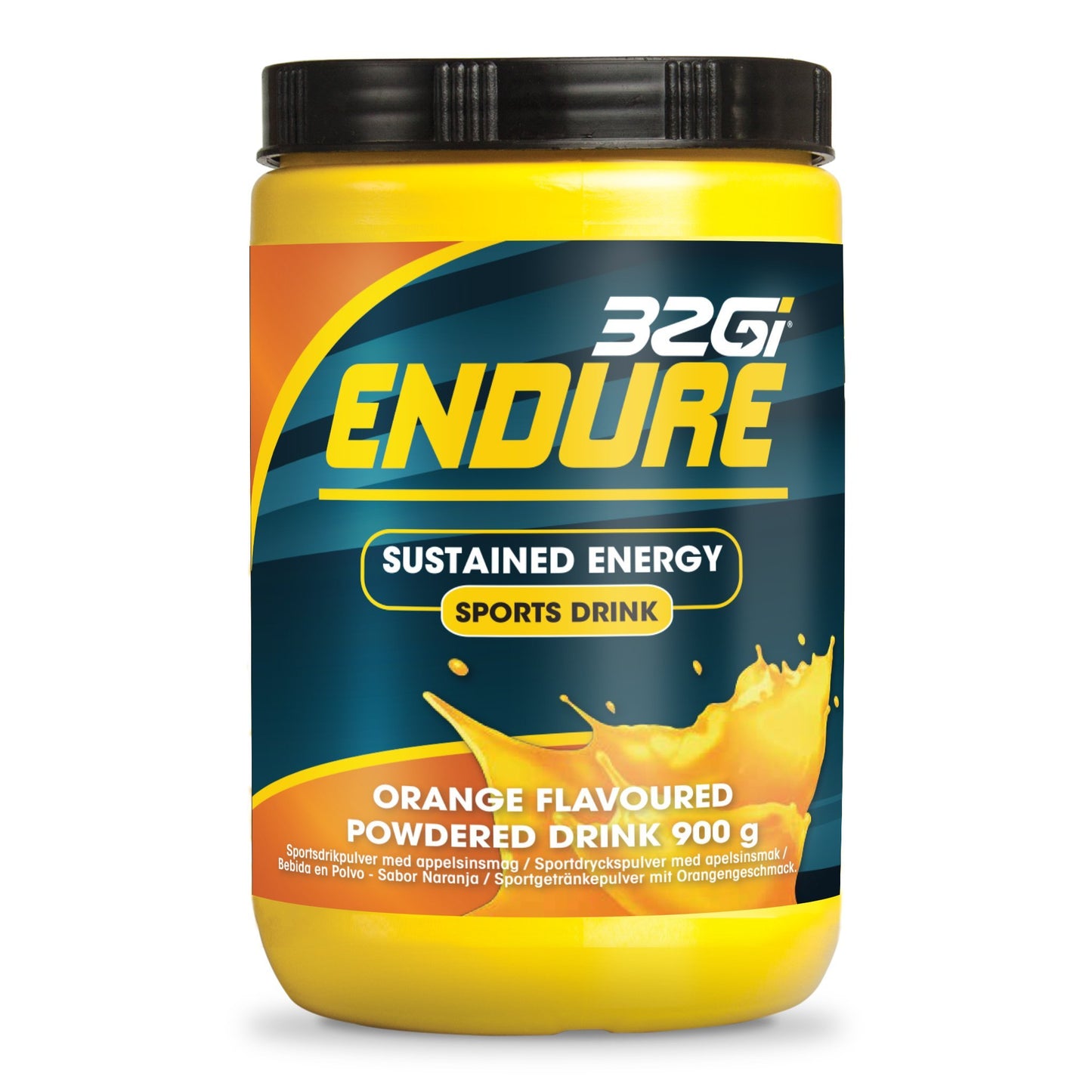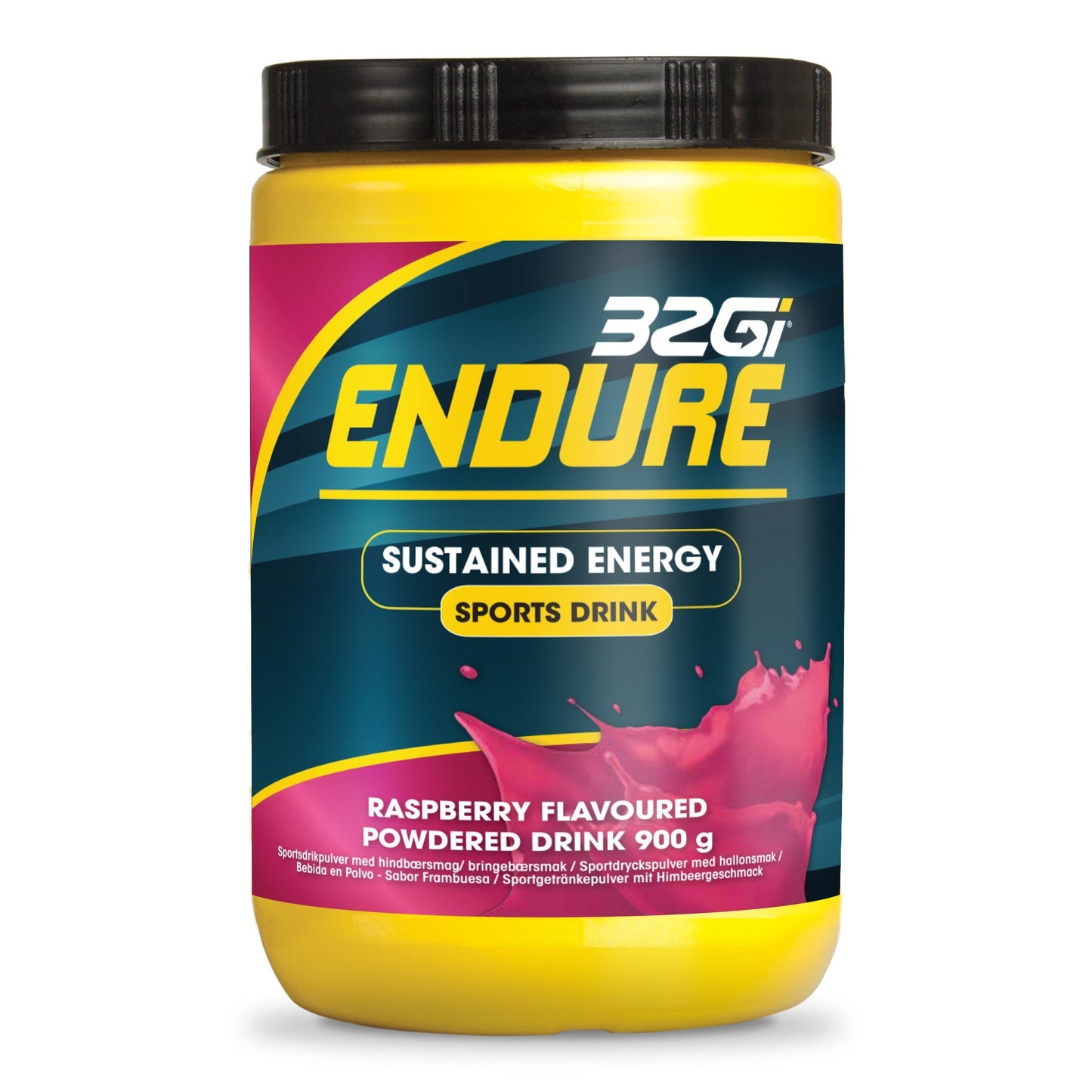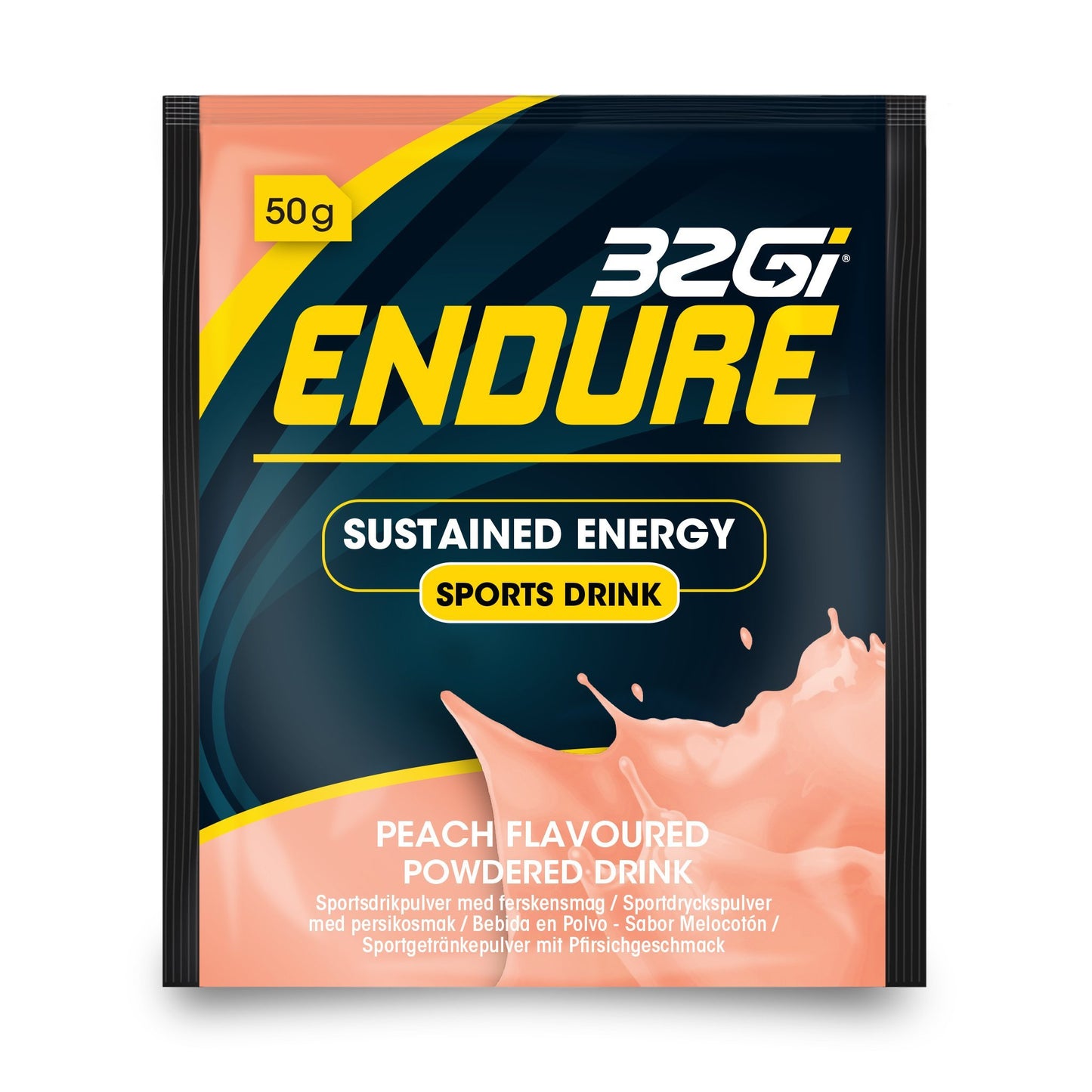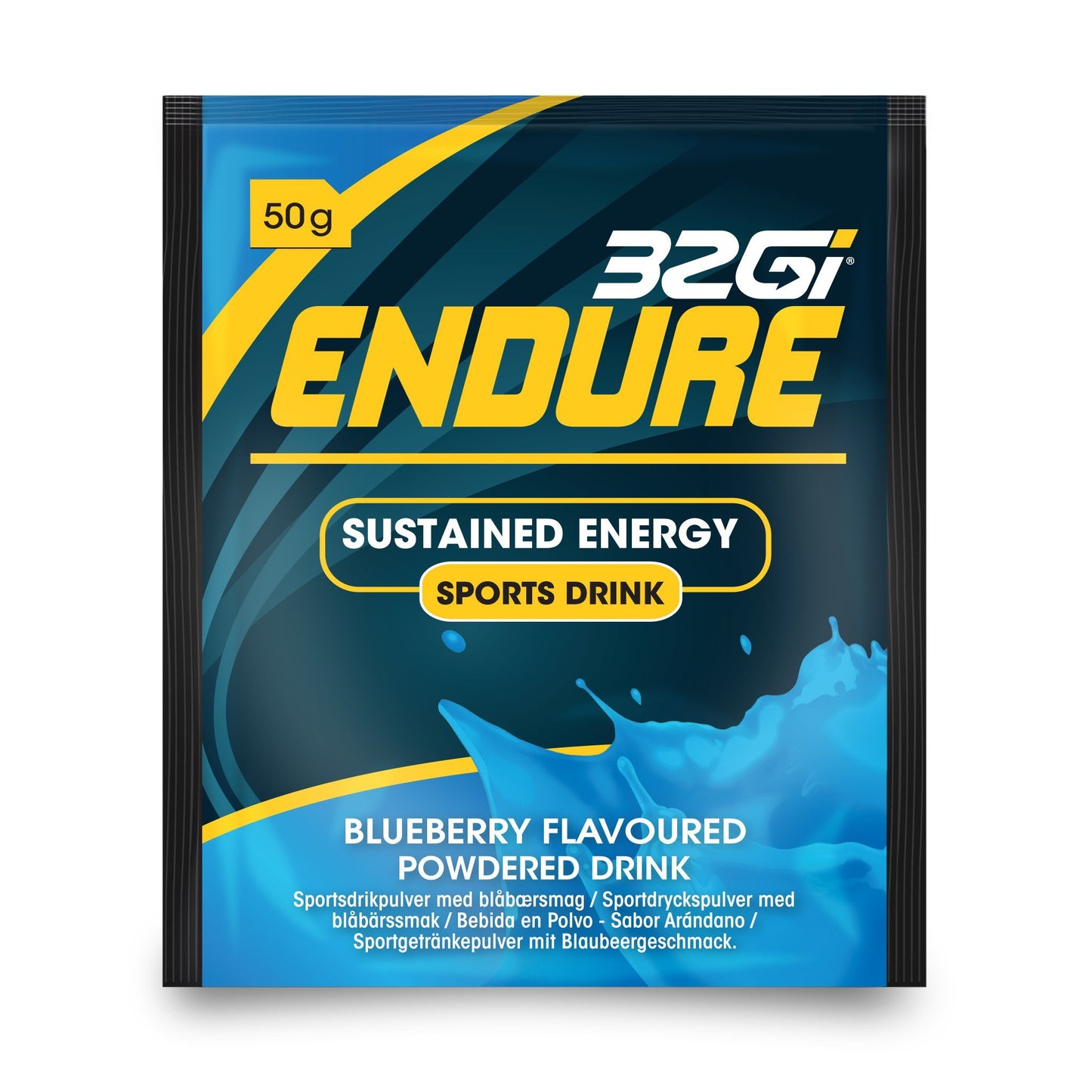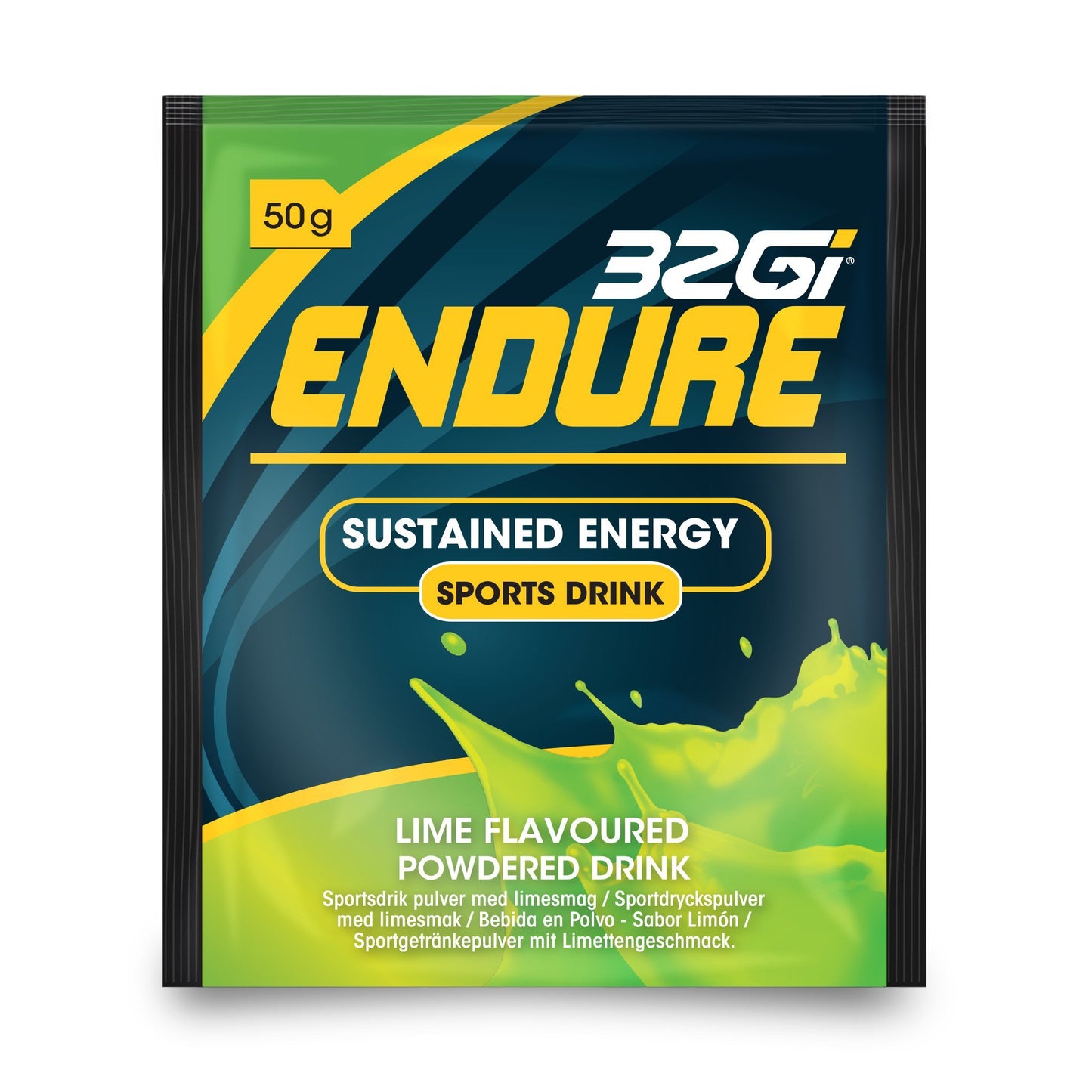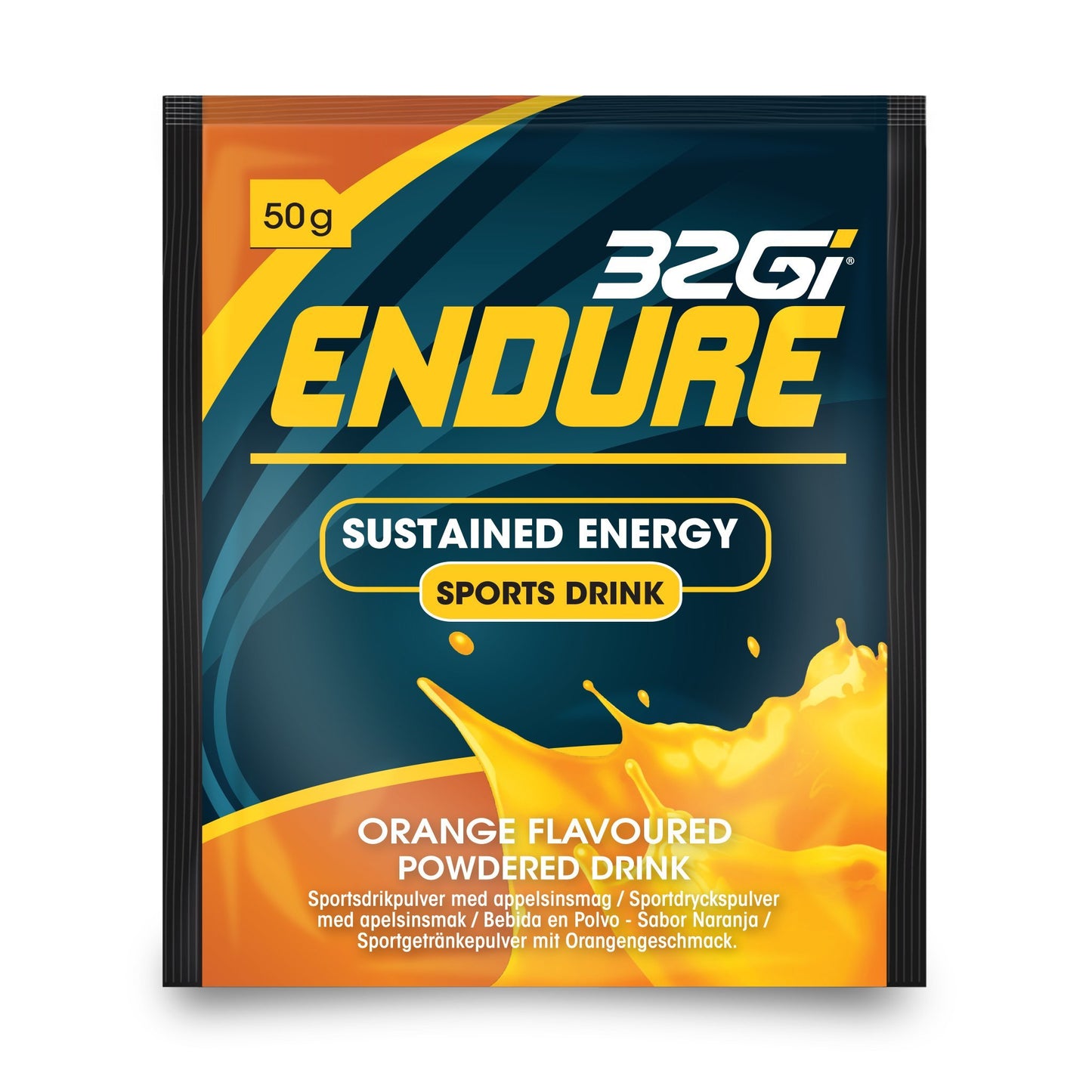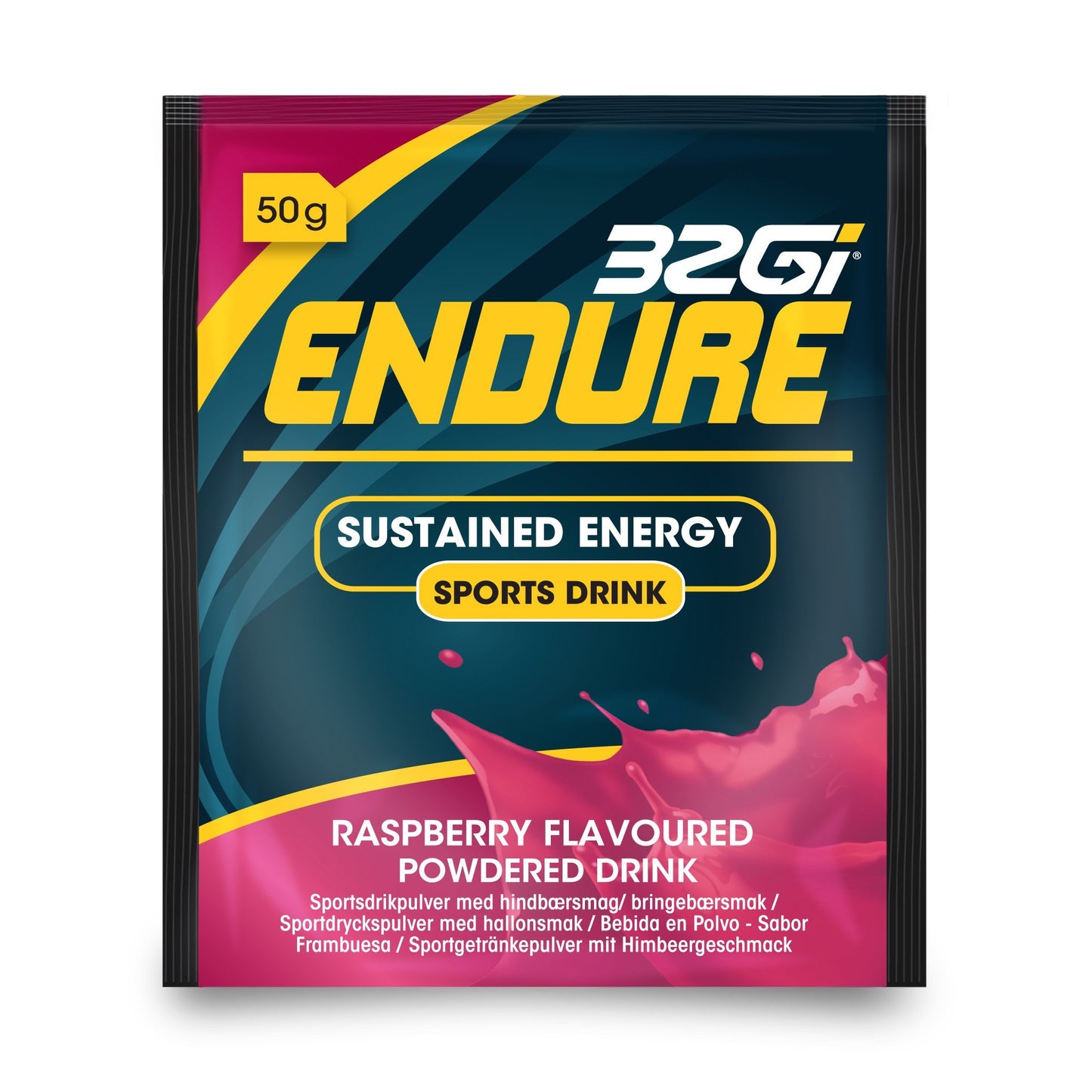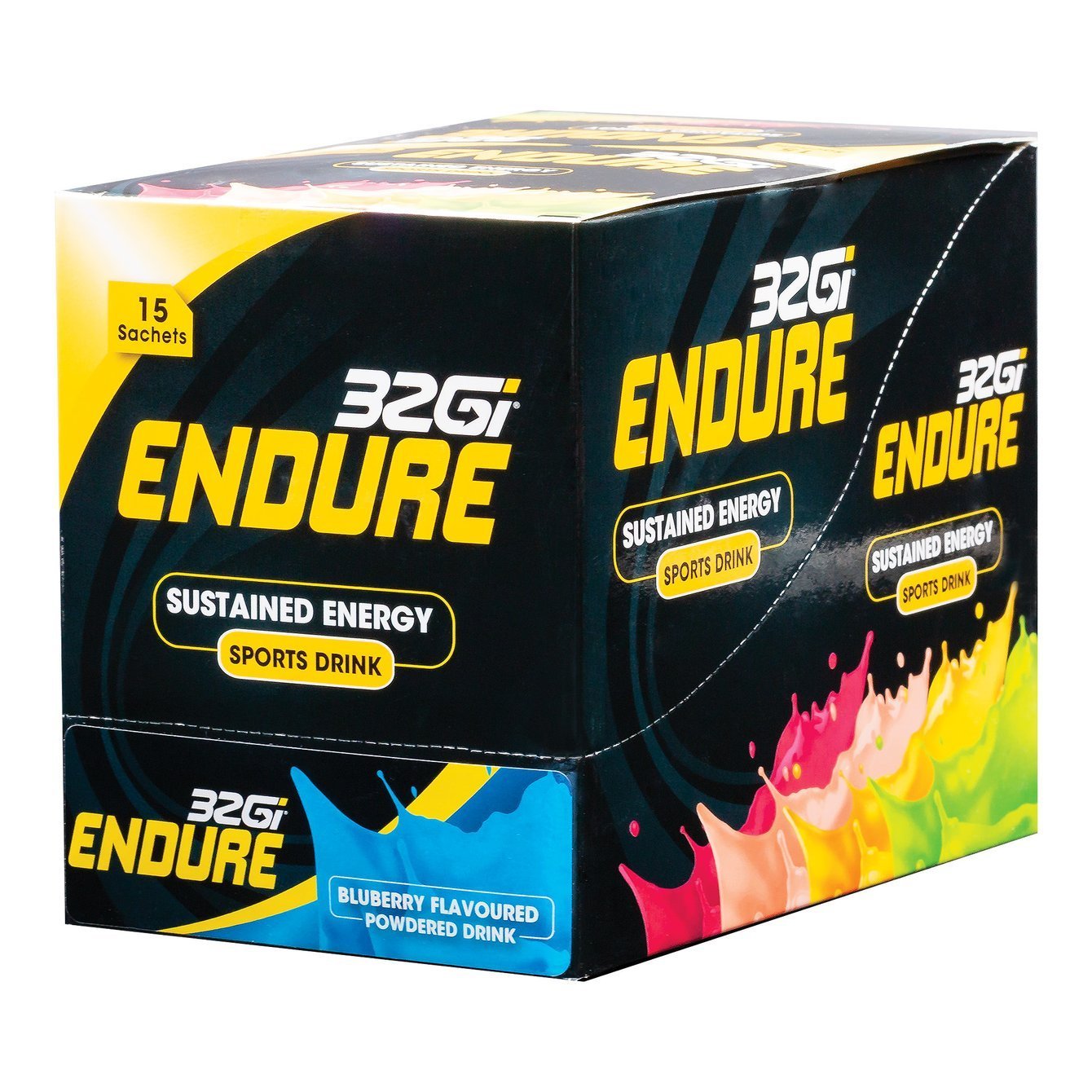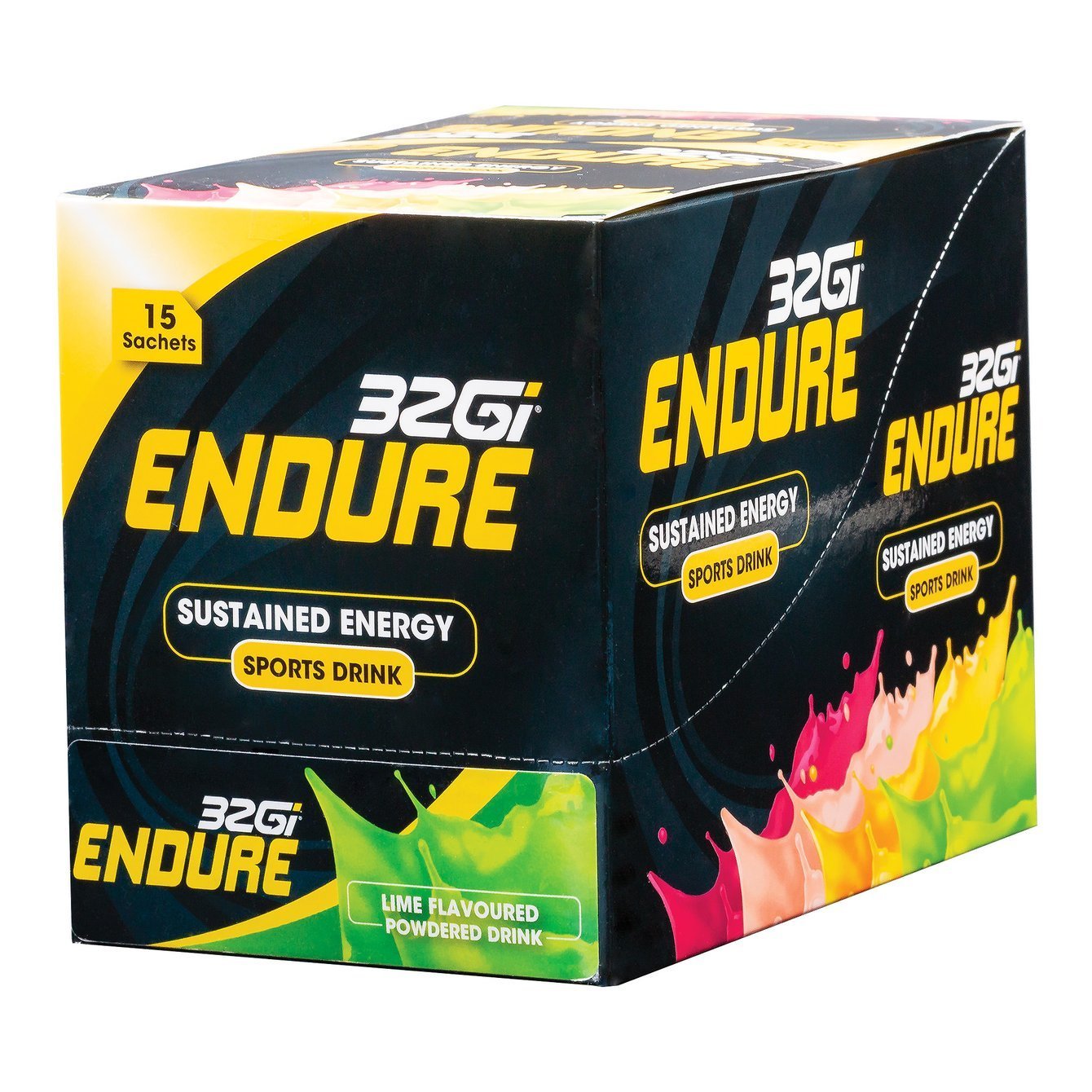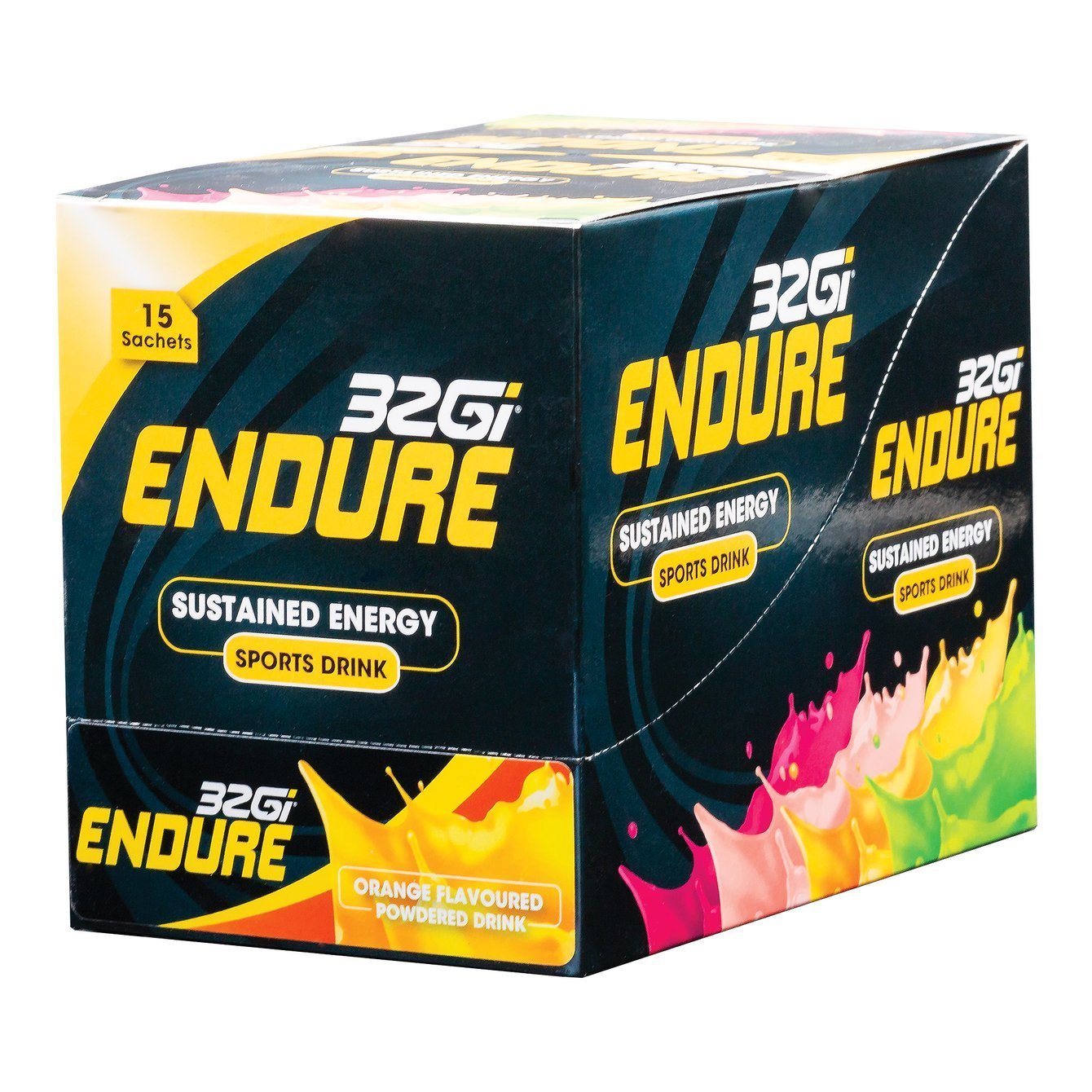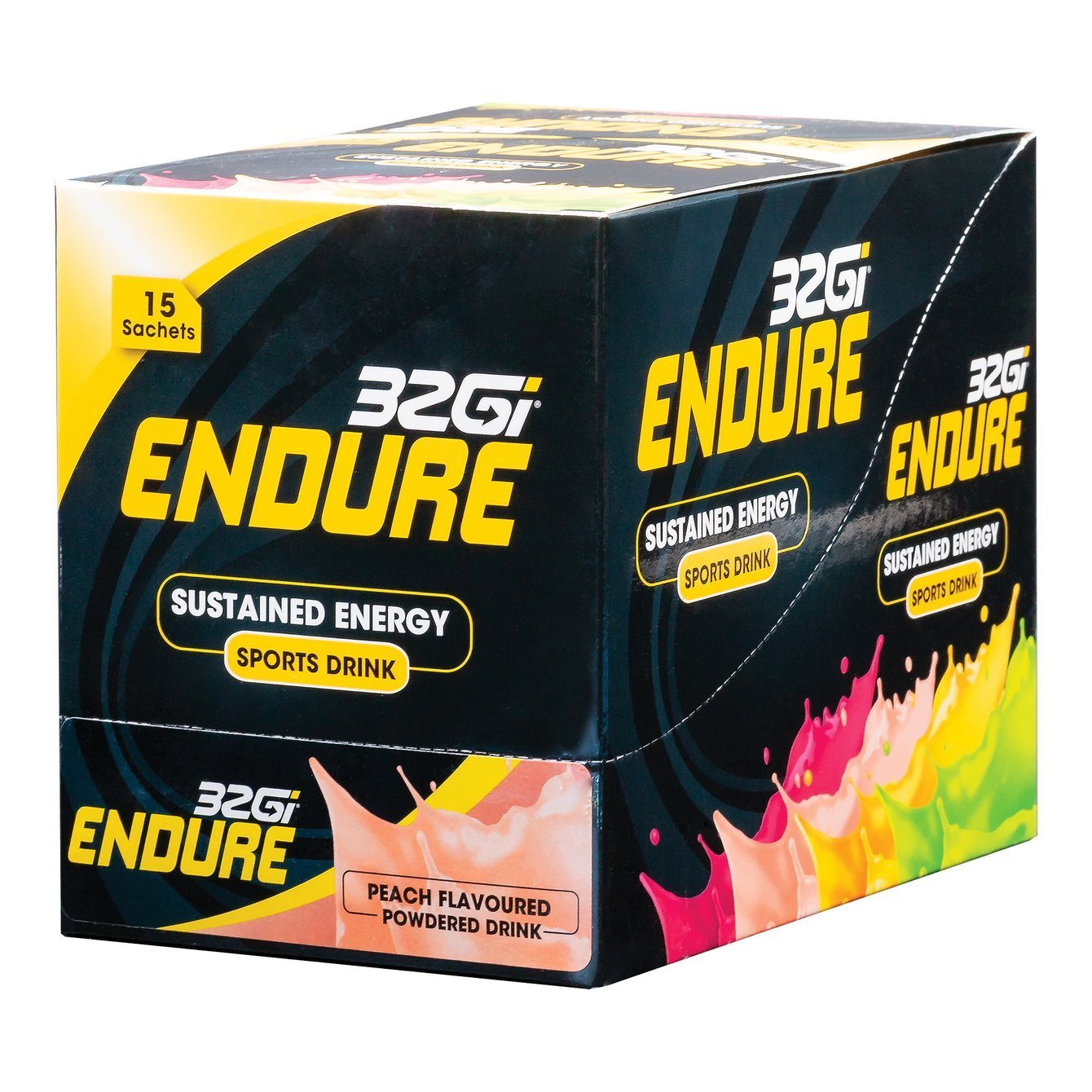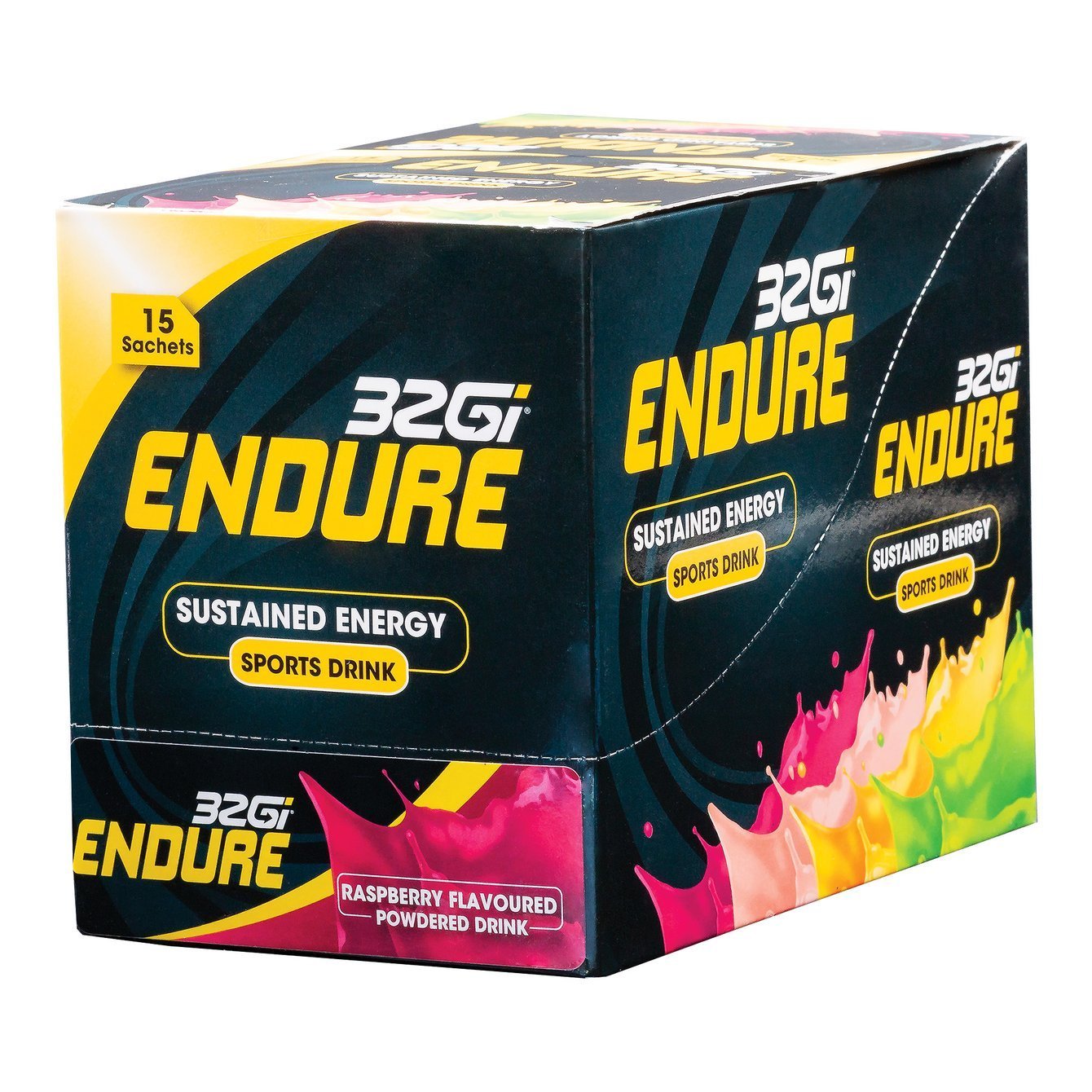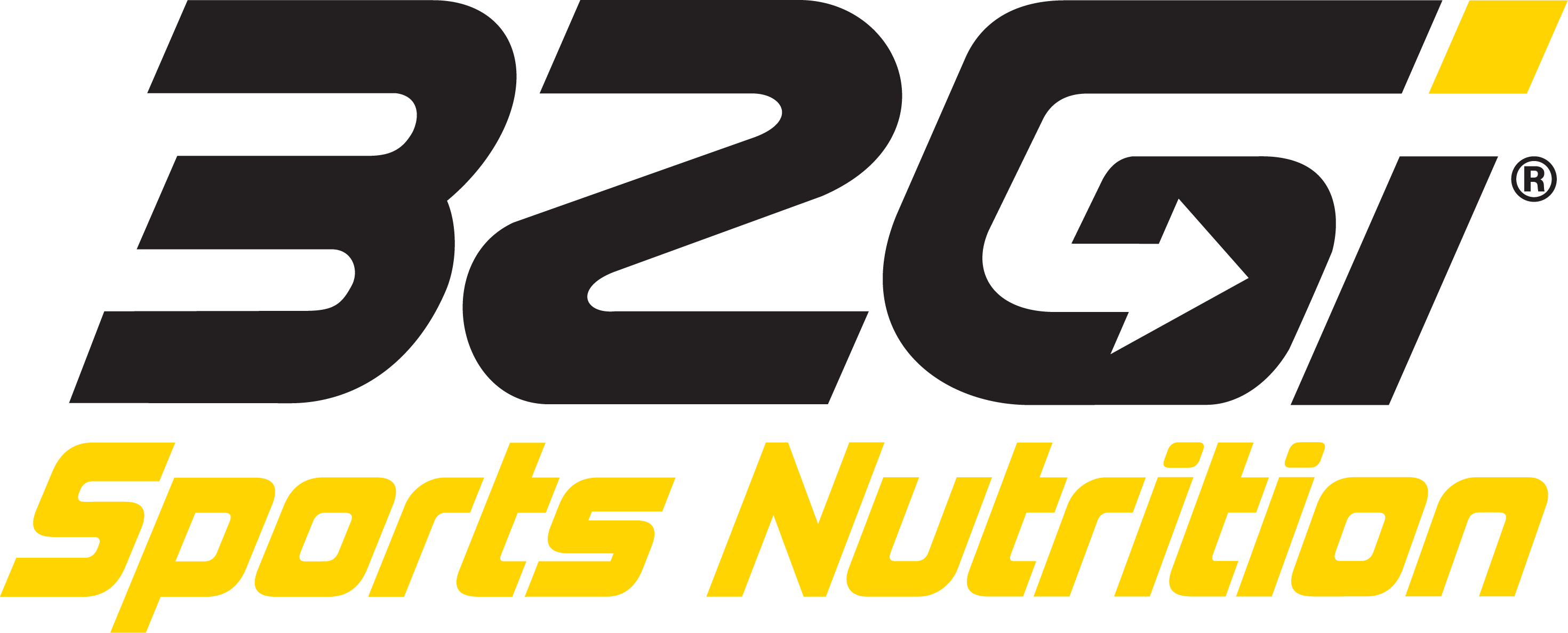So previously, we discuss the volume of nutrient intake. In other words, how many carbohydrates you should be consuming on an hourly basis. And I did mention that it's unique to an individual, and it has to be tried and tested during training. But what about the timing of that intake? That is a very important question.
How often should you be fuelling during an exercise session or a race for that matter? And it's very important to understand that the energy system of a human being it has its ups, it has its peaks, and it also has its drops, those downs.
The last thing you want is massive peaks and very big drops. Because you will feel that from an energy perspective, you want to try and maintain as much stability as possible. That is the key goal to be stable when it comes to your energy levels.
How do you stabilise your energy system during exercise? It's quite simple. Clock feeding or drip feeding, as I call it, is more frequent feeding. And if you feed a little bit more frequently, you won't get such big peaks, and you won't get such big drops. You're actually going to provide a lot more stability.
How to break up your calorie intake
So, let's assume you're consuming around 60 grams of carbohydrates per an hour. How would you convert that to timing the intake? Quite simple, you could consume 20 grams every 20 minutes, and that will give you a 60 grams per hour.
A lot of people say, “but every 20 minutes a feed, that's a little bit of a headache.” 20 minutes is actually a fairly long period, believe it or not. The maximum, I would say around 30 minutes. But you need to try and keep it those feeding periods as short as possible.
I think it's very vital to understand that if you delay the onset of feeding and if you do not feed frequently, you are going to see big drops in energy levels. You are going to experience those symptoms of lack of energy when you are doing exercise. That's the first thing.
Offset the risk of digestive discomfort
The second thing is large amounts of fuel in an exogenous source - which is in the form of carbohydrates or proteins or whatever you're consuming - when you ingest that you are putting your digestive system under stress. It is already under stress, because during exercise you're diverting blood away from your digestive tracks. You've got another function, which is to also remain cool.
So, when your digestive system is under stress and then you are ingesting large amounts of calories in a single portion, you're going to put your digestive system under even more stress. It might not handle or manage the volume of calories that you are consuming, and it can lead to gastrointestinal discomfort, or GI distress, as we call it. That’s not something that you want.
Smaller feeds more frequently also lessen the impact on the digestive system, and give the digestive system nice small amounts to be able to manage and handle at those periods in time. Which will probably mitigate the risk of the onset of gastrointestinal distress. So just something to keep in mind.
To recap…
1. Don't leave your feeds too long,
2. Make sure that you are feeding more frequently clock feed,
3. If you have to, set an alarm, set a timer, Don't forget to feed!
Make sure that you hit your hourly targets by splitting it up over that hour.
If you missed the previous episodes in our Ultra Marathon Fuelling Series...
Episode 1 ↠ A BIG mistake people make close to Comrades Marathon
Episode 2 ↠ How to know what (if any) fuel to take for your session
Episode 3 ↠ Carbs per hour required to fuel your Ultra Marathon
Subscribe (It's FREE) to our YouTube channel to be the first to view our latest and greatest video content.
Products to help you get your Calories in...
A Simple & Effective Single-Source Multi-Hour Super Endurance Race Strategy Nothing Else Needed – Just Go.
Meet an uncomplicated fuelling strategy that will see you finish your race feeling strong and absolutely satiated! 32Gi® Race Pro is so easy on the gut you would hardly believe you had been pushing yourself for so long! To top it all off, it will enhance your recovery post-exercise.
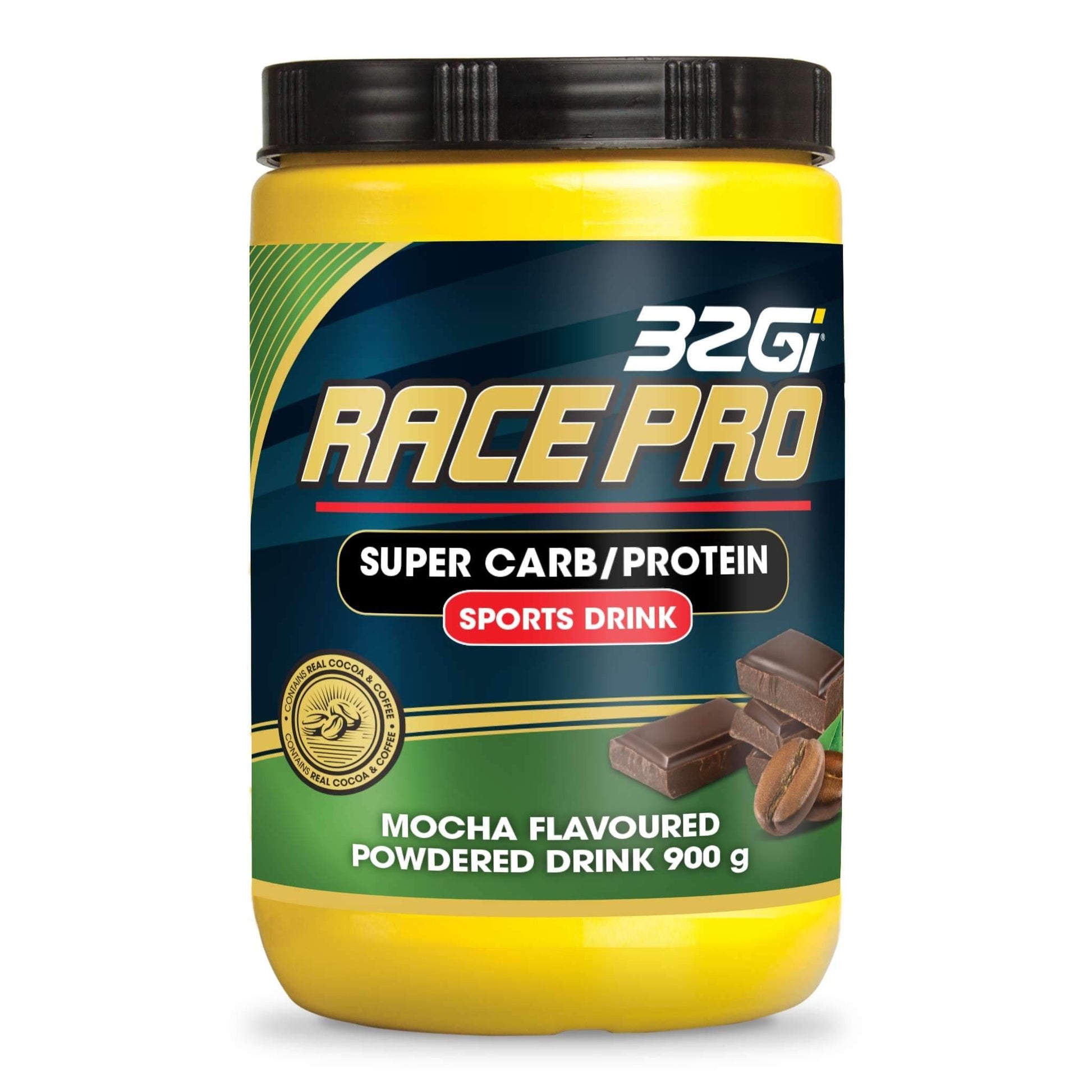
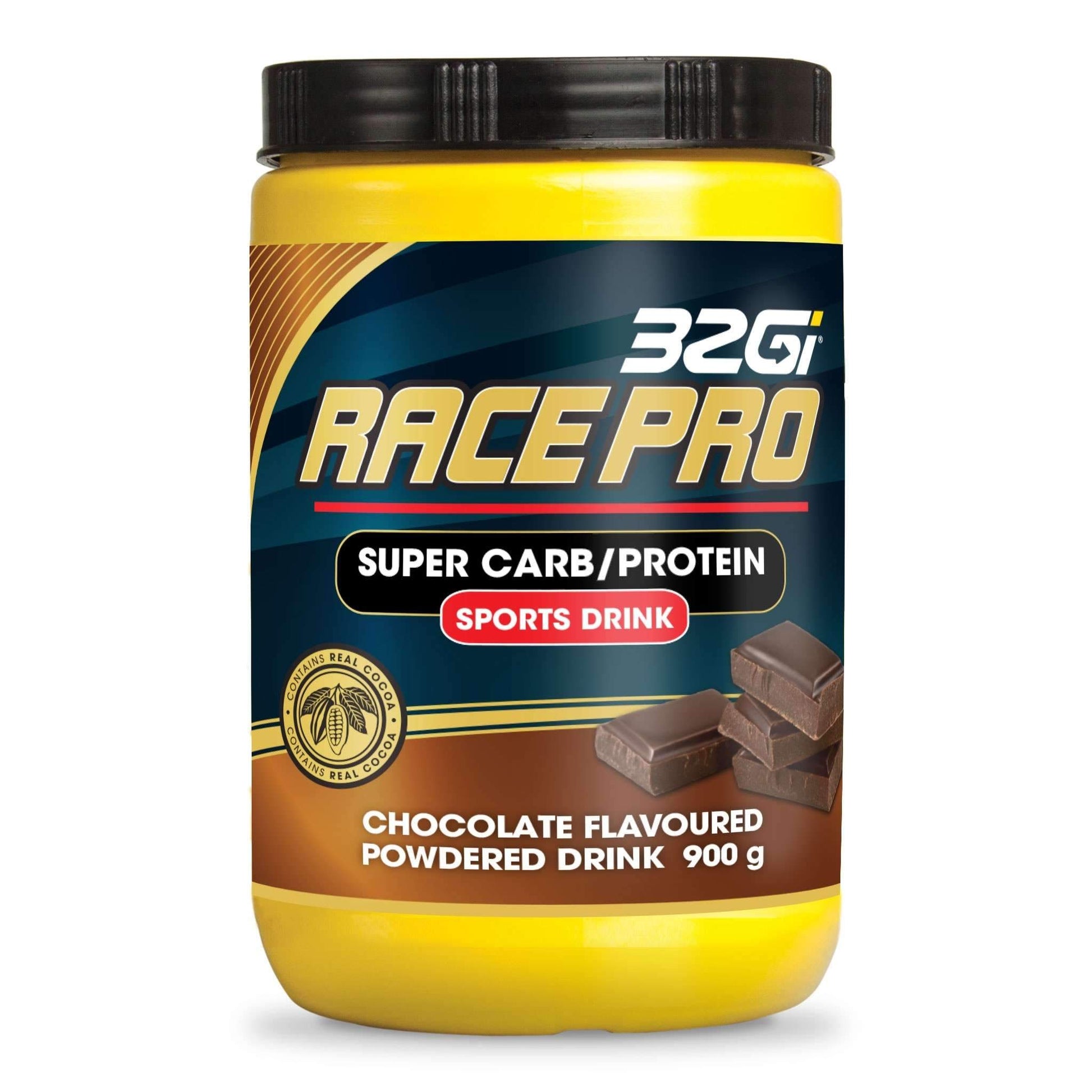
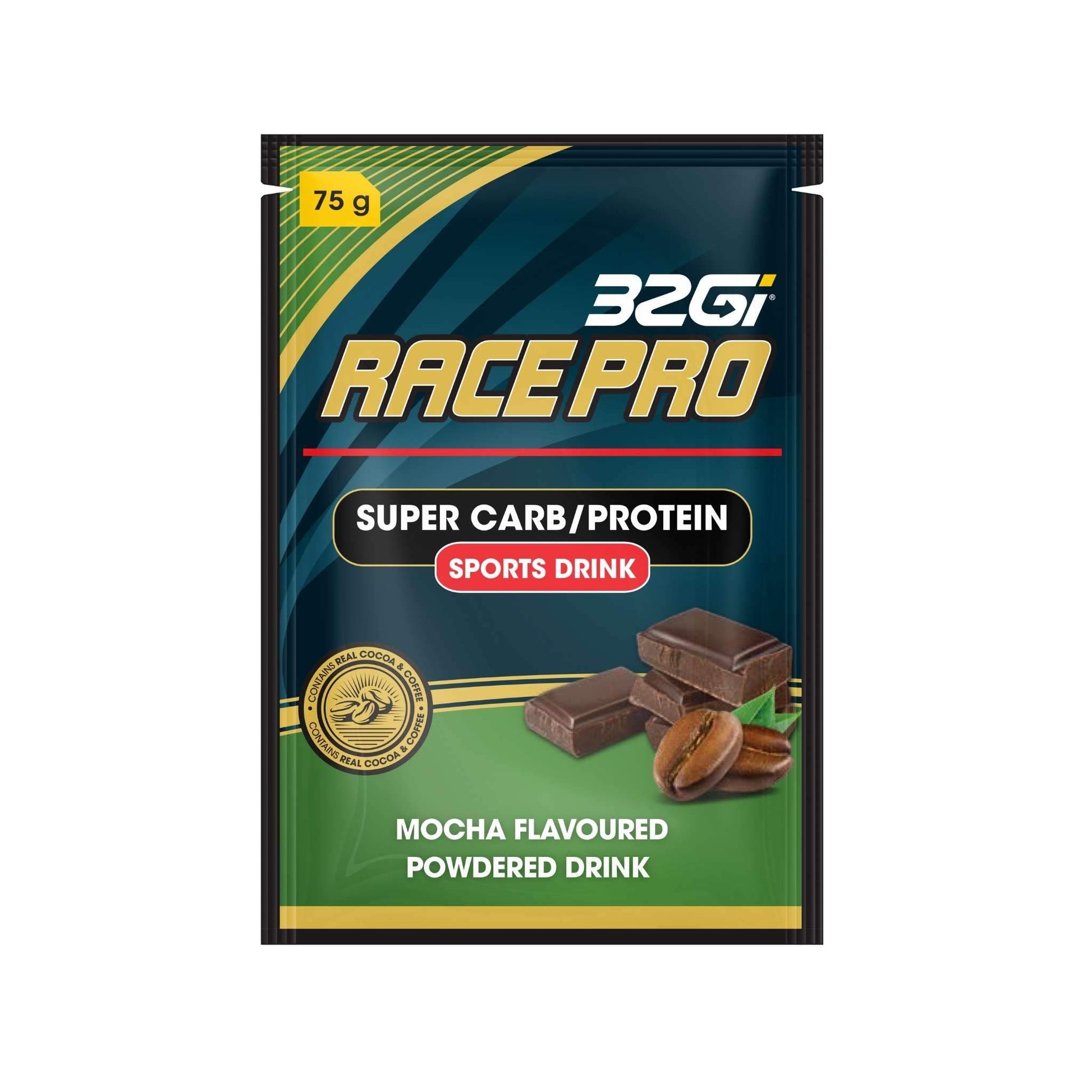
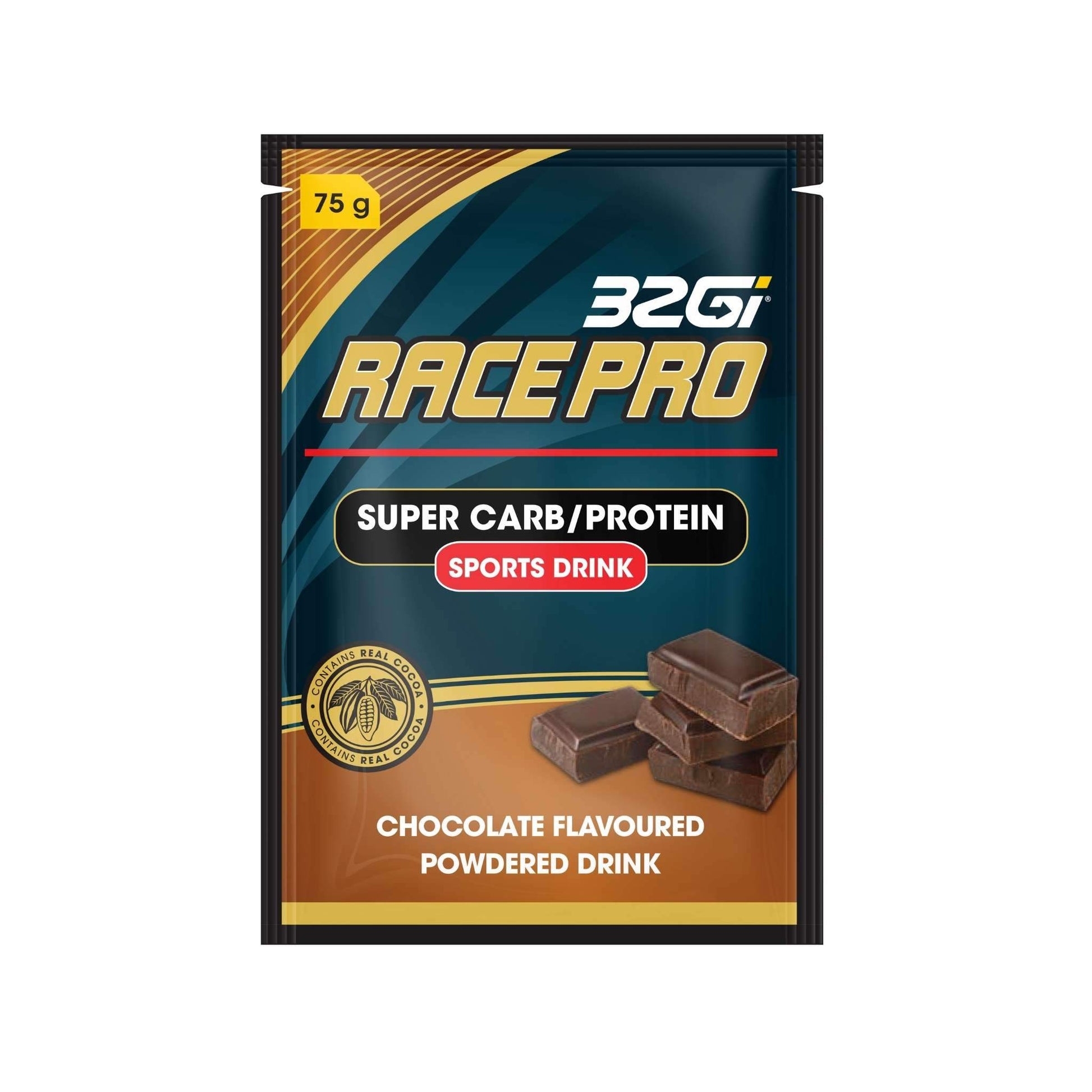
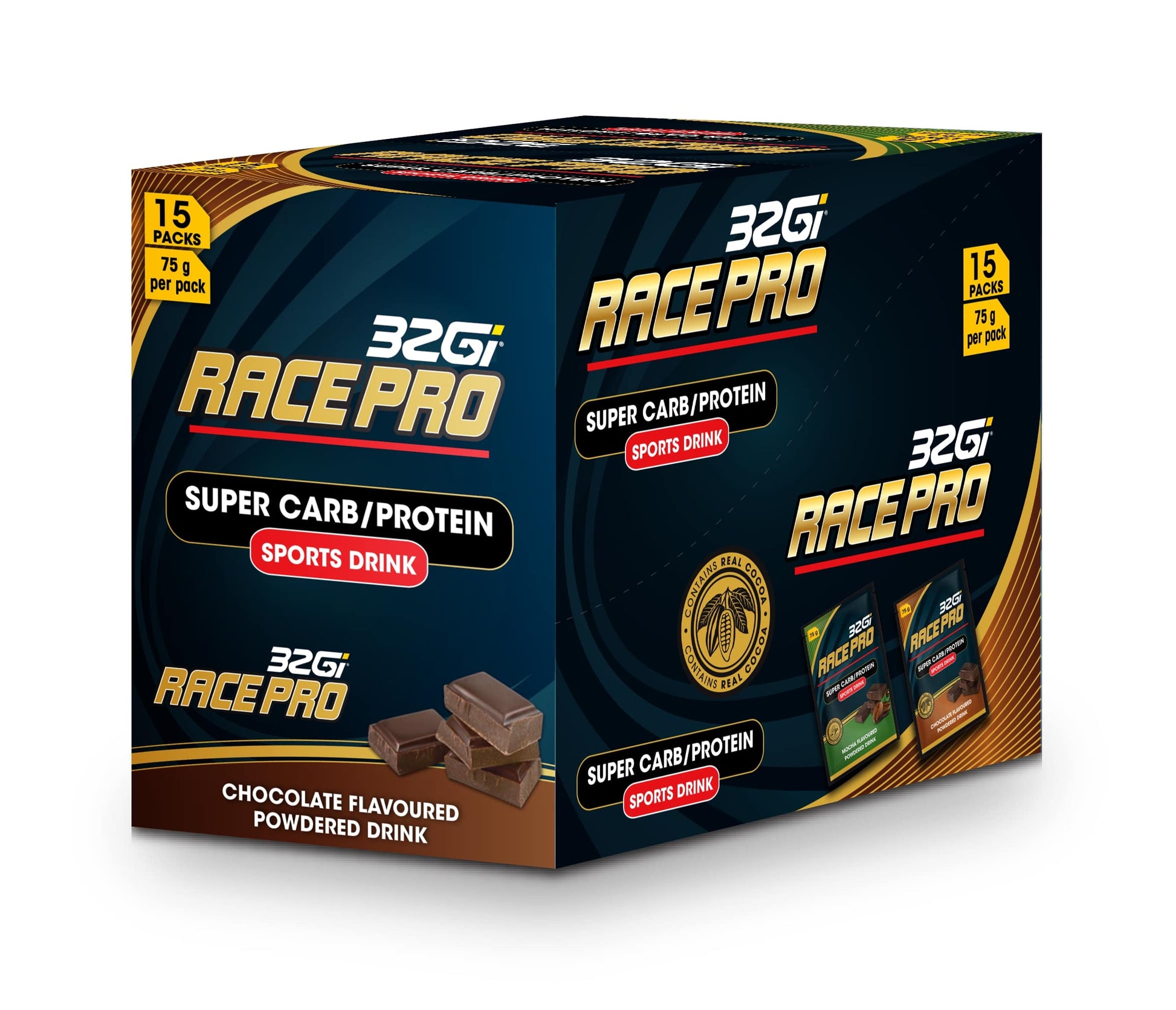
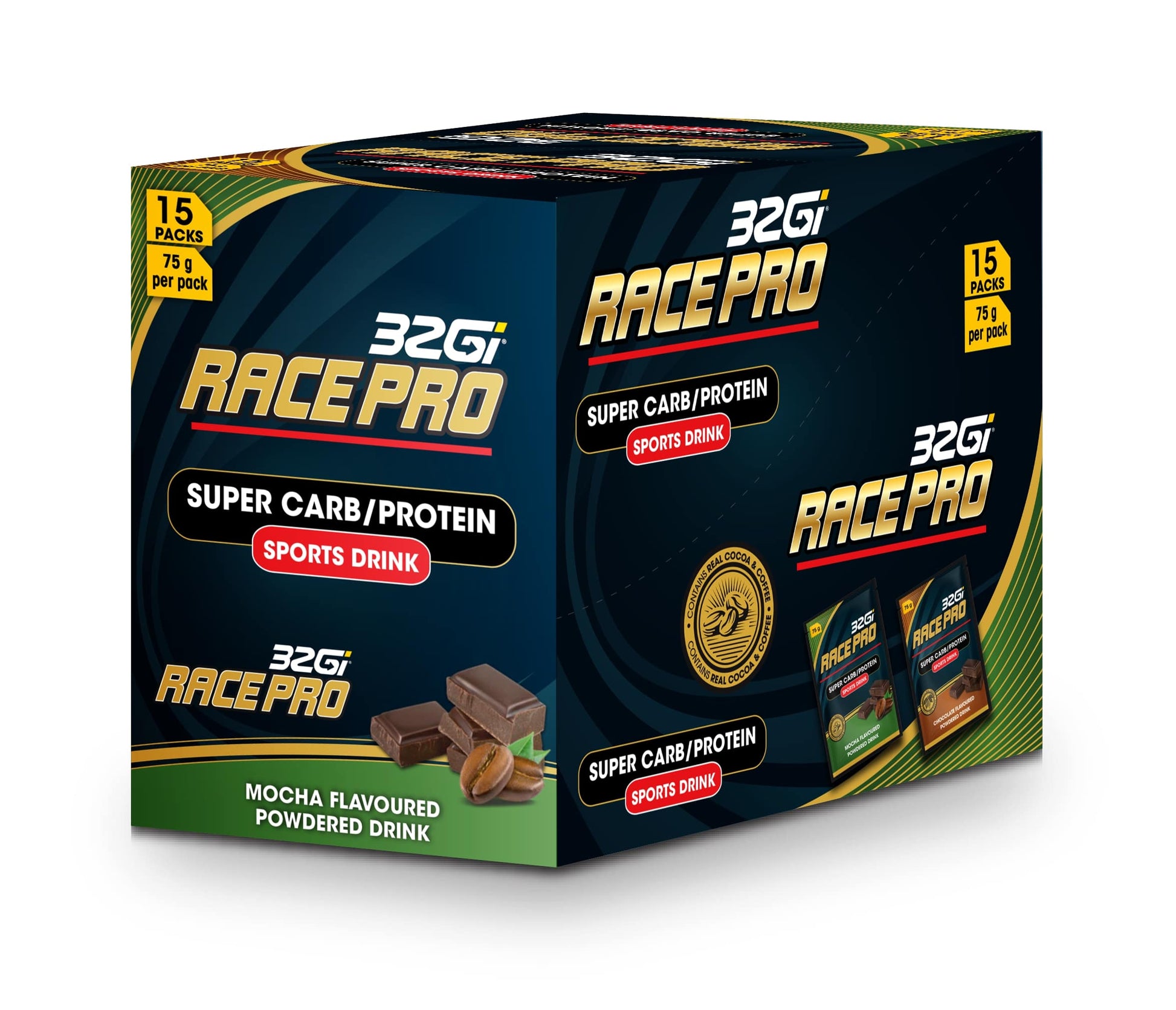
Race Pro - Super Carb/Protein Drink
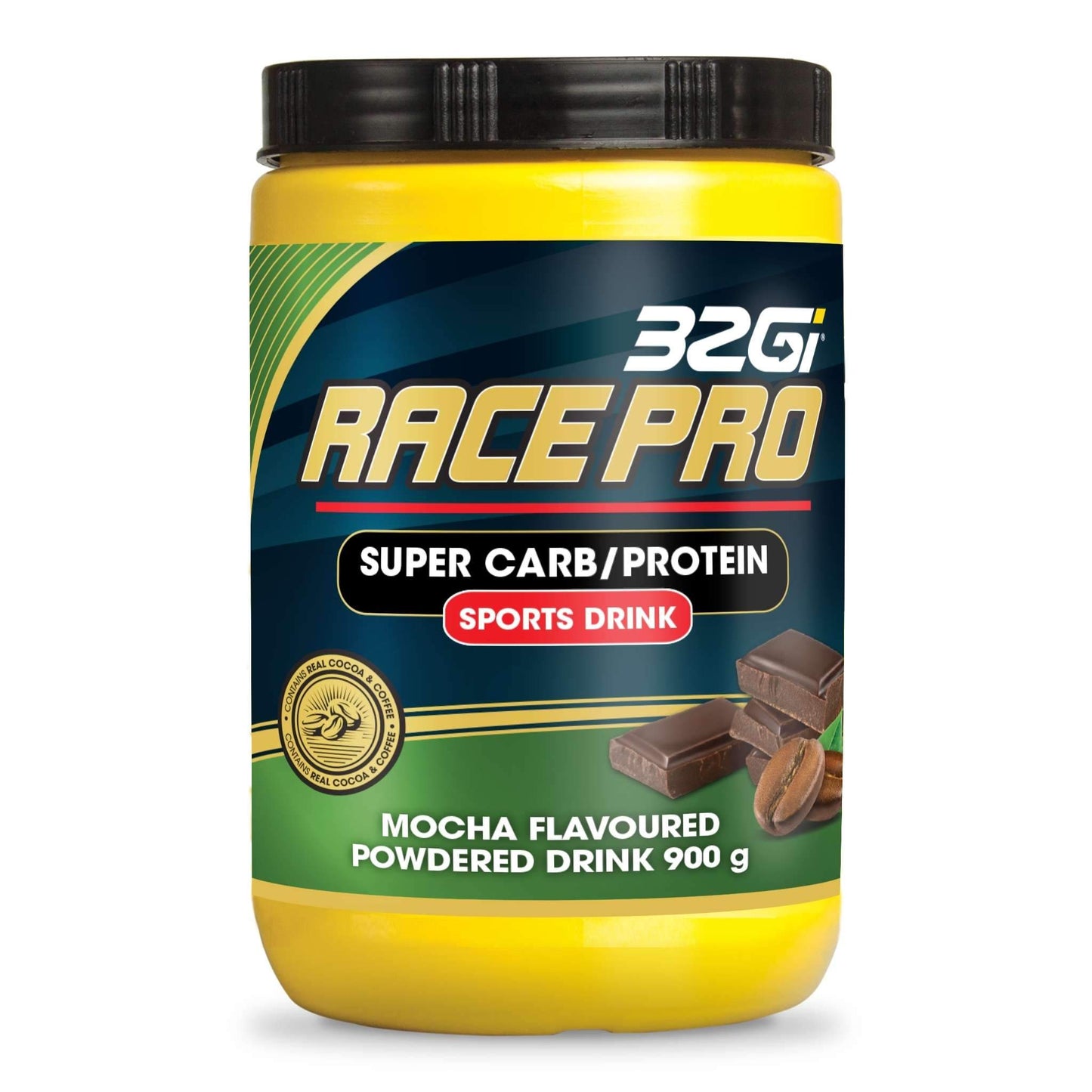

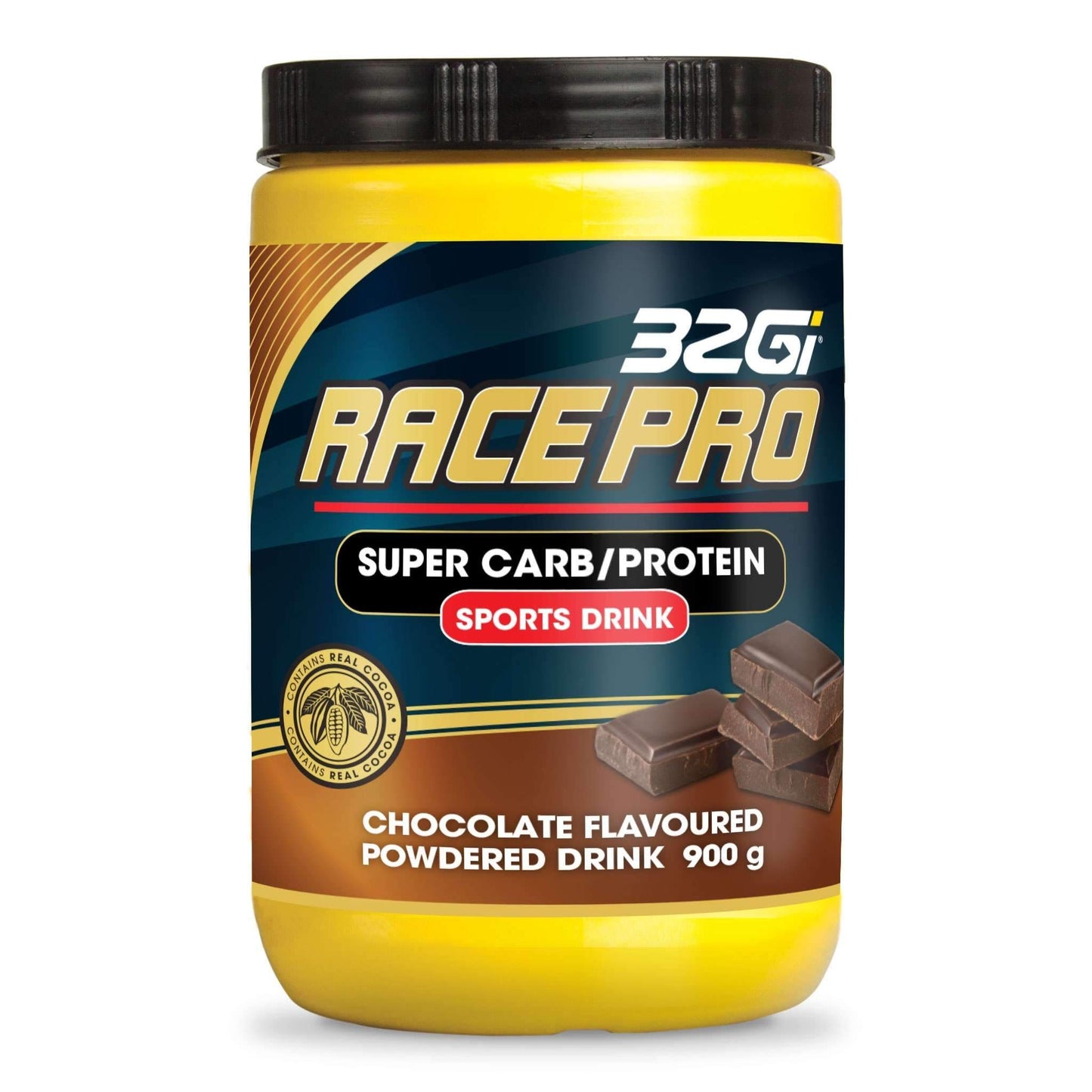
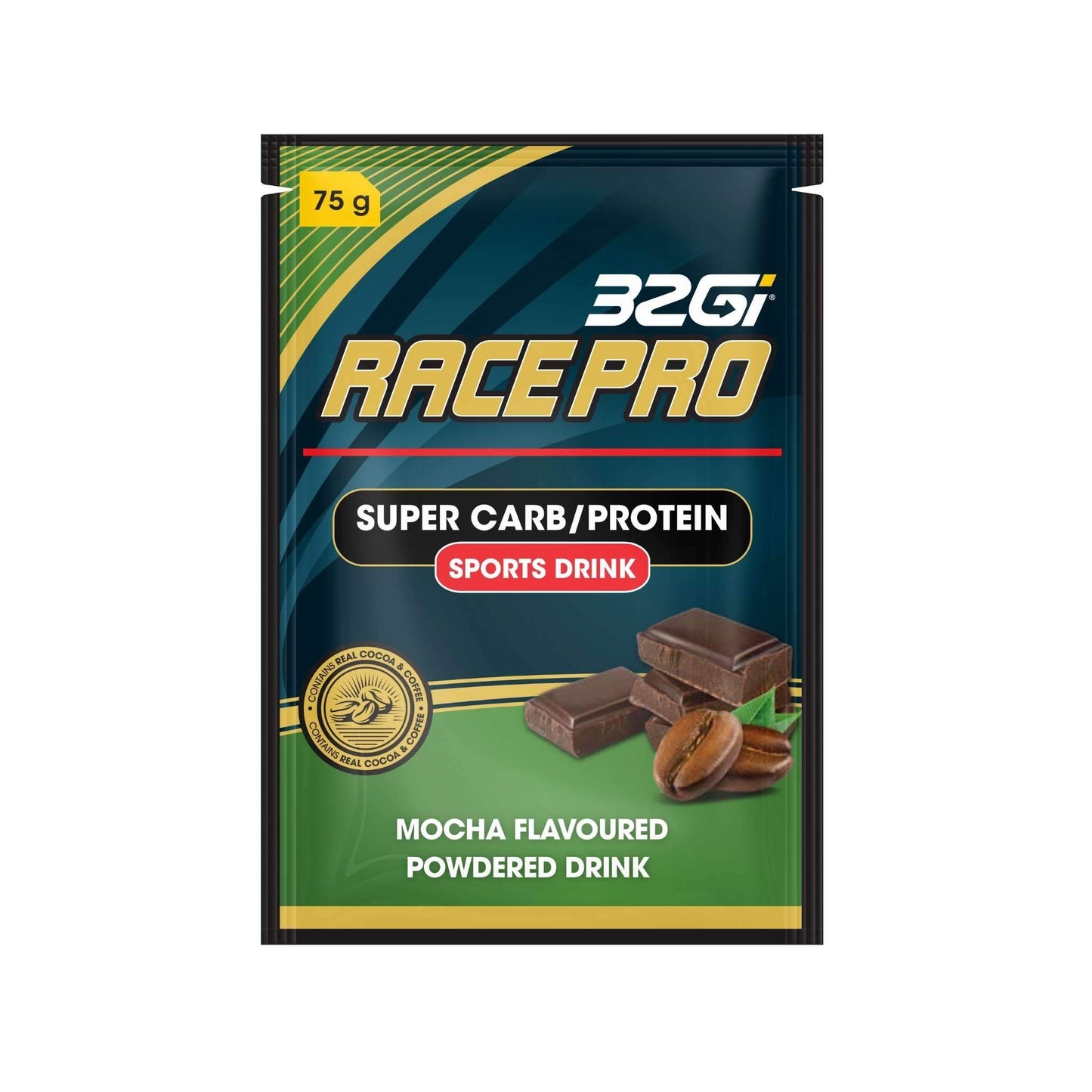
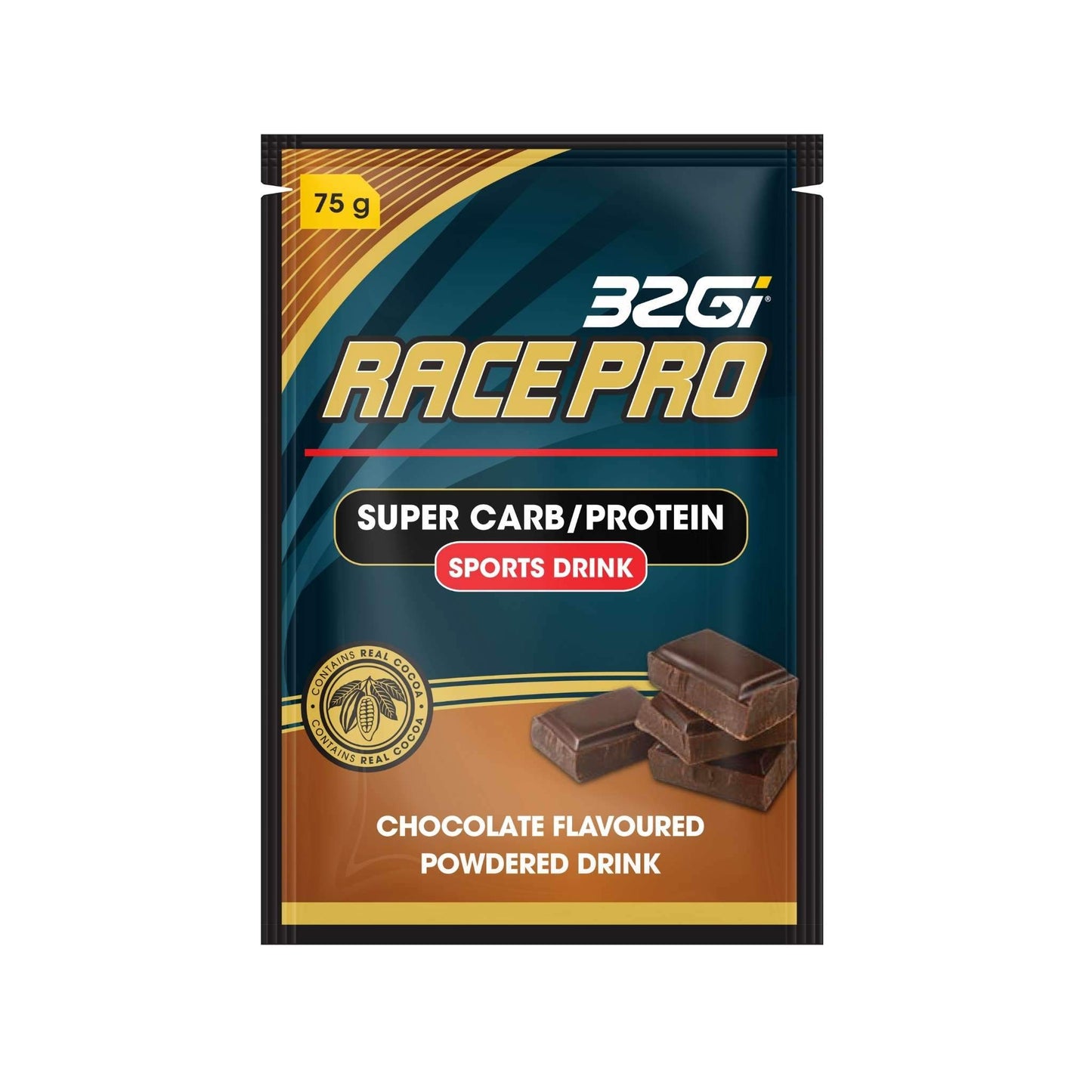
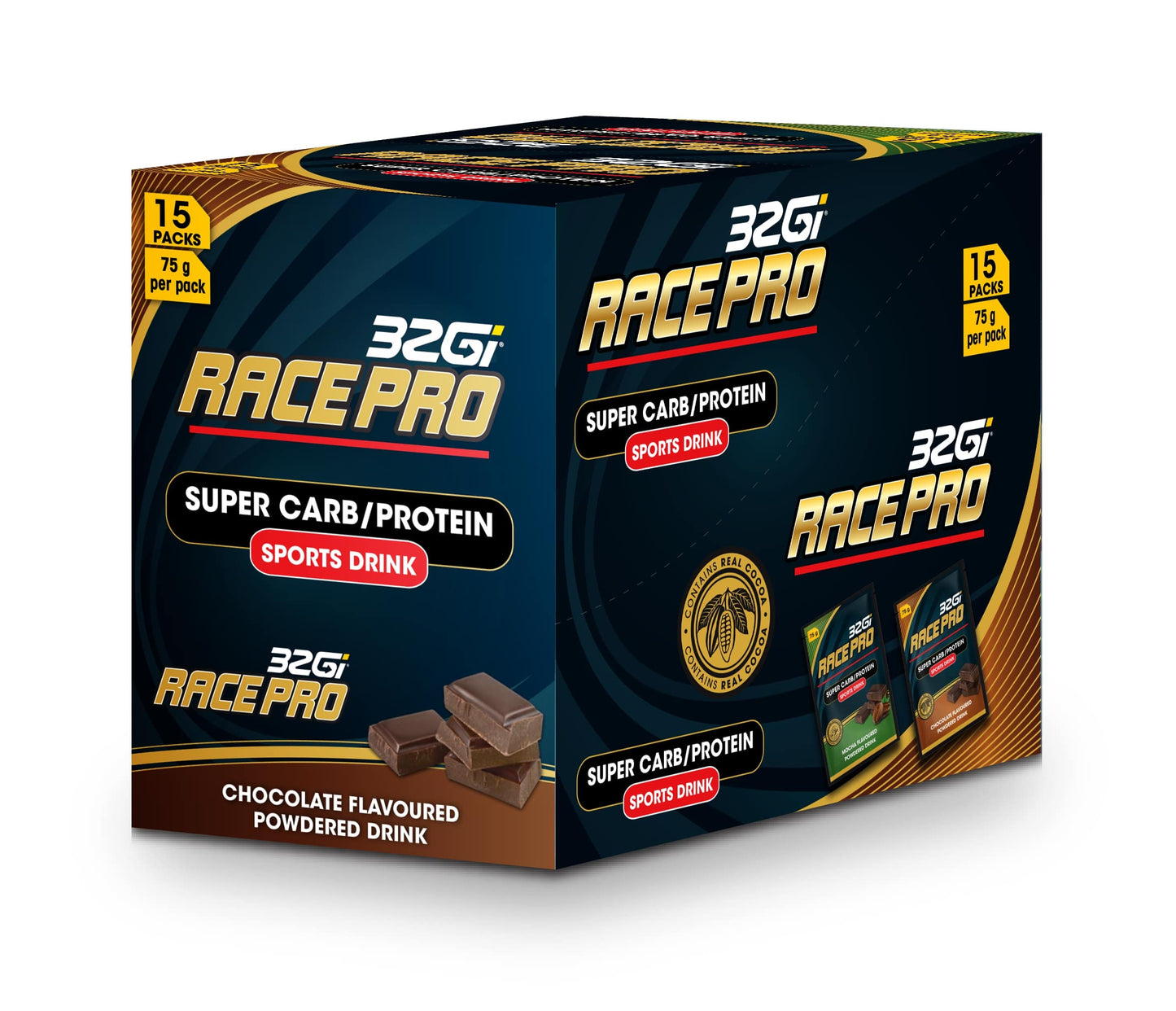
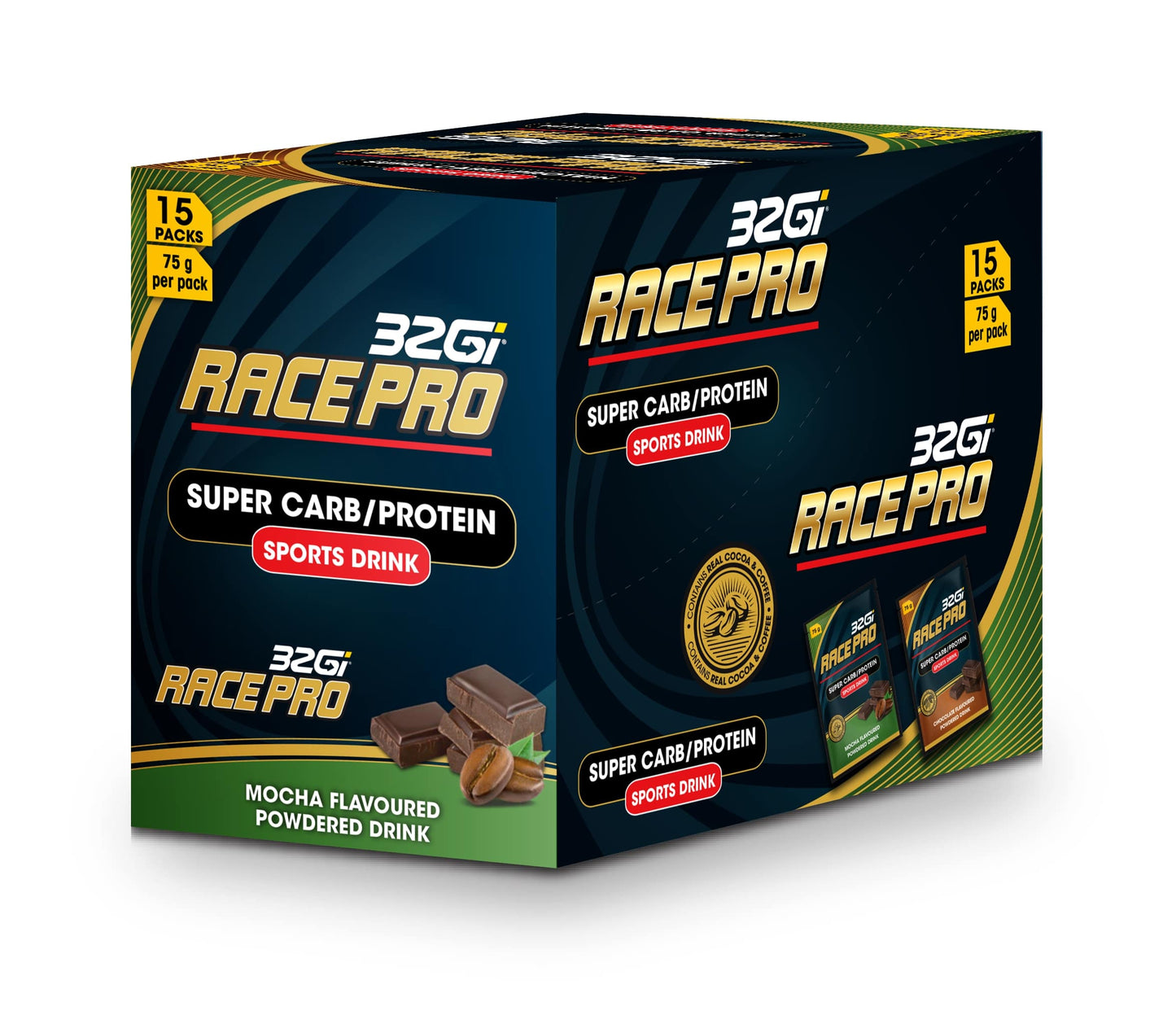
Benefit From A Properly Formulated Steady Prolonged Release Fat Burning Carbohydrate Drink!
It’s a fact the more fat efficient an athlete can become, the better they can perform, especially when they have the ability to oxidize a higher percentage of fat across various intensities. The 32Gi® Endure Sports Drink promotes this by way of partitioning - supplied carbohydrates & the bodies fat stores.
Ironically, when an endurance athlete performs at a controlled pace for many hours, the best form of fuel would be a stable prolonged release of energy, like with the 32Gi® Endure Sports Drink.
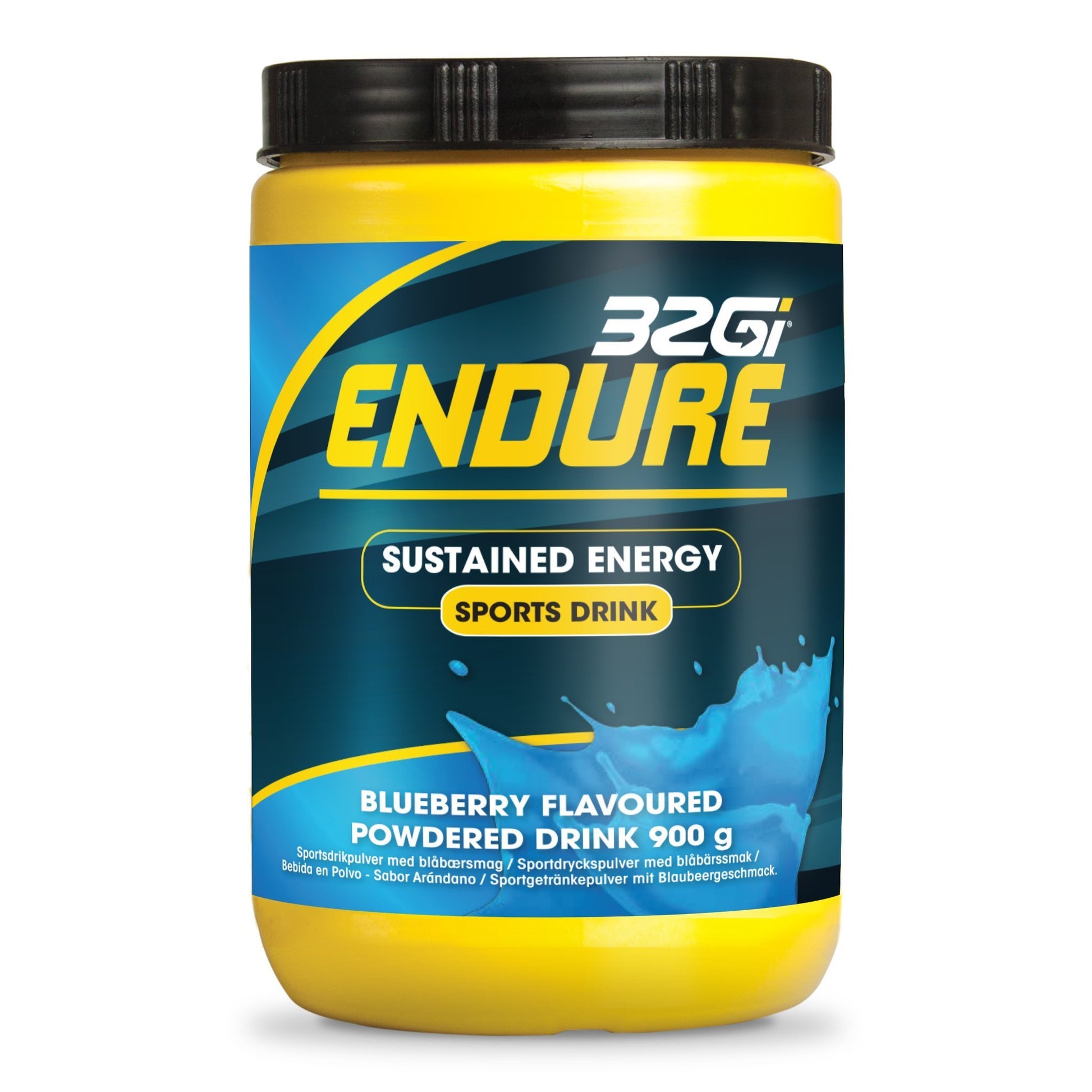
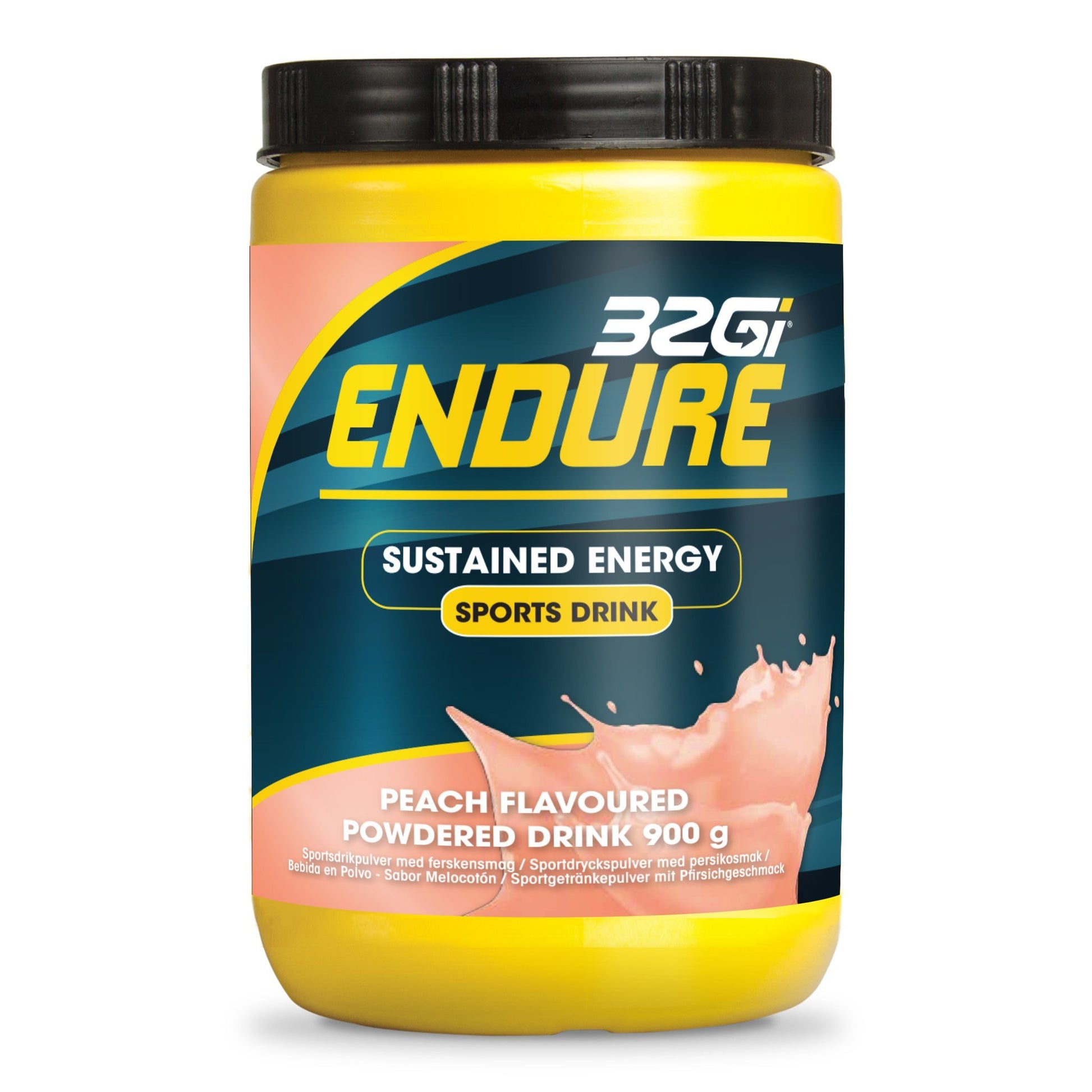

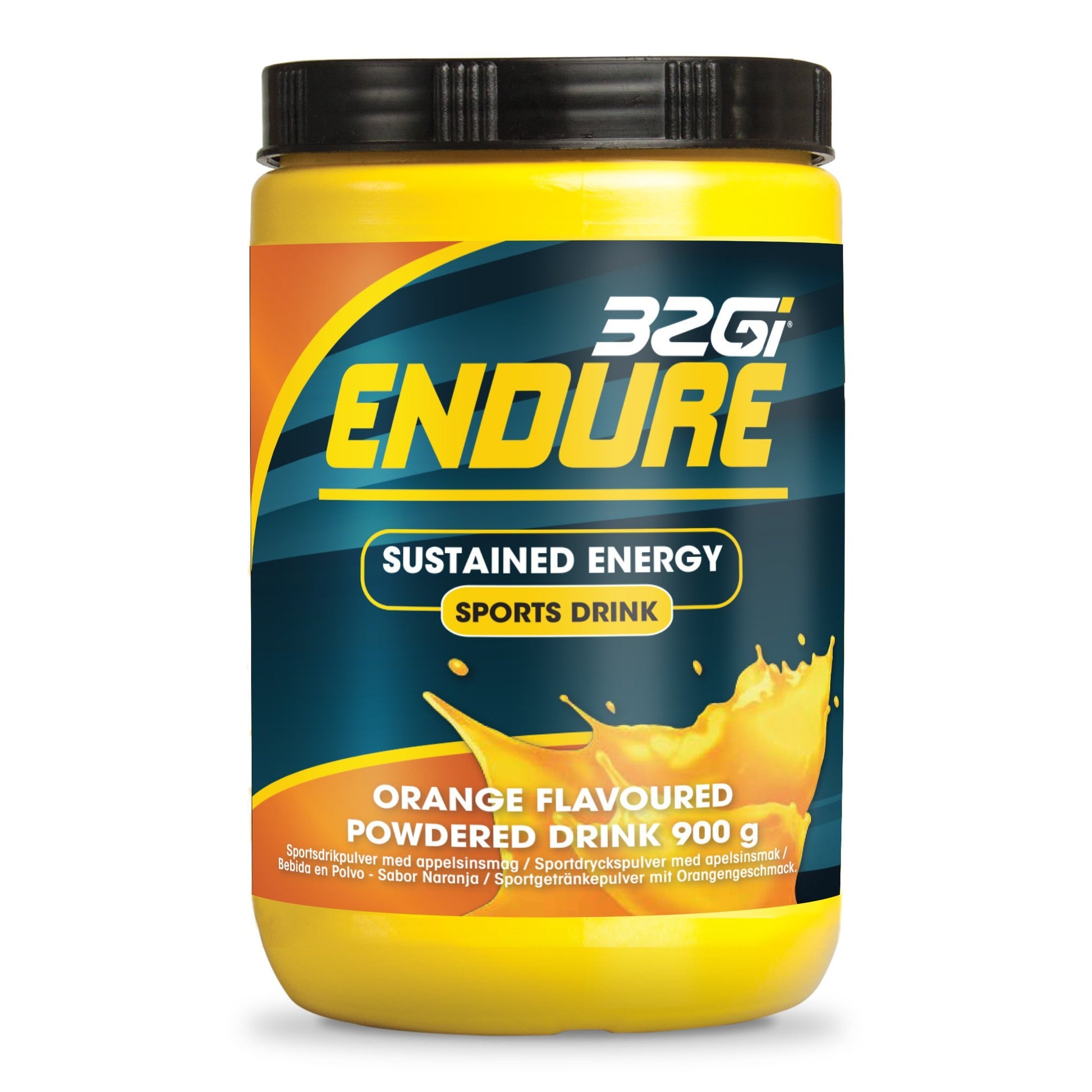
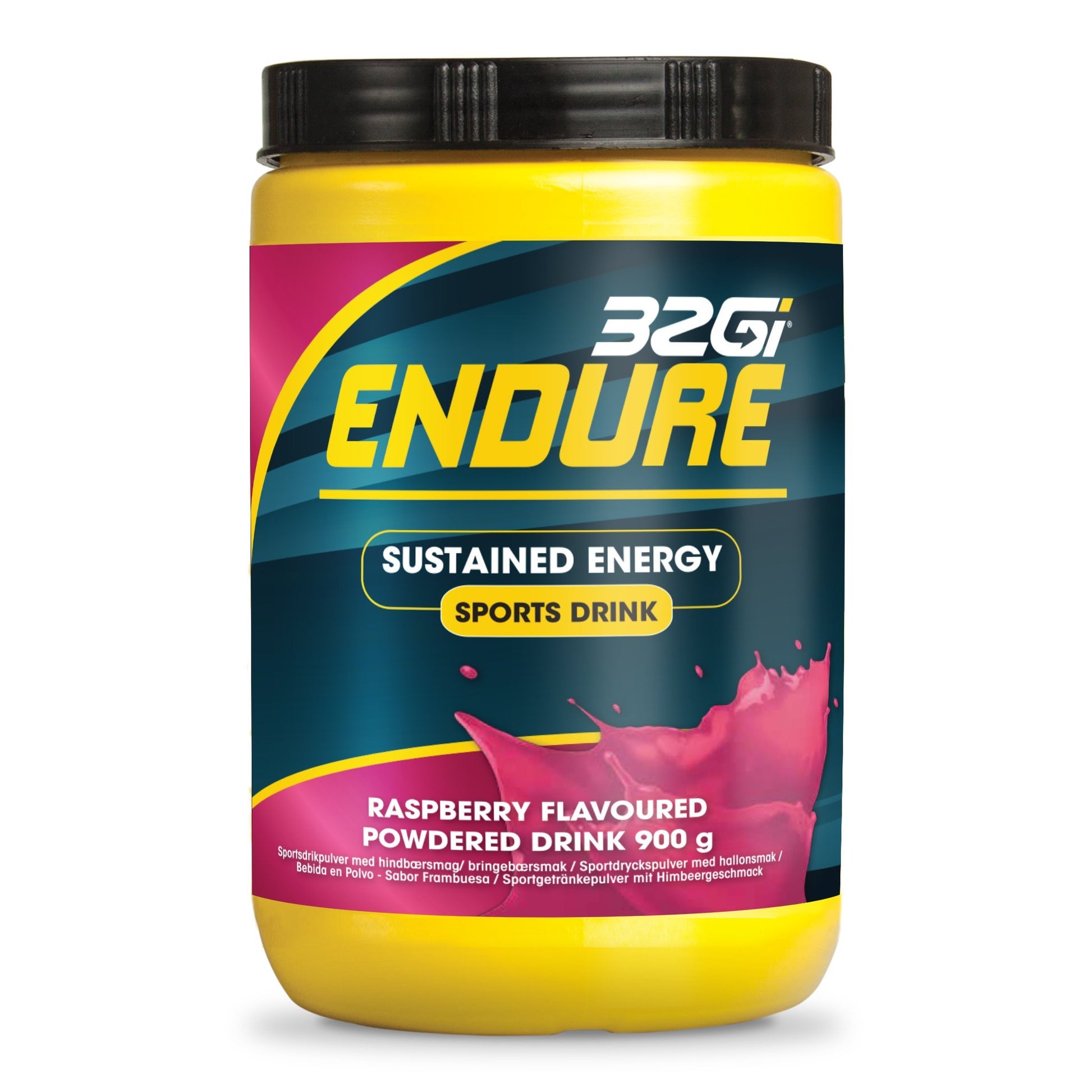
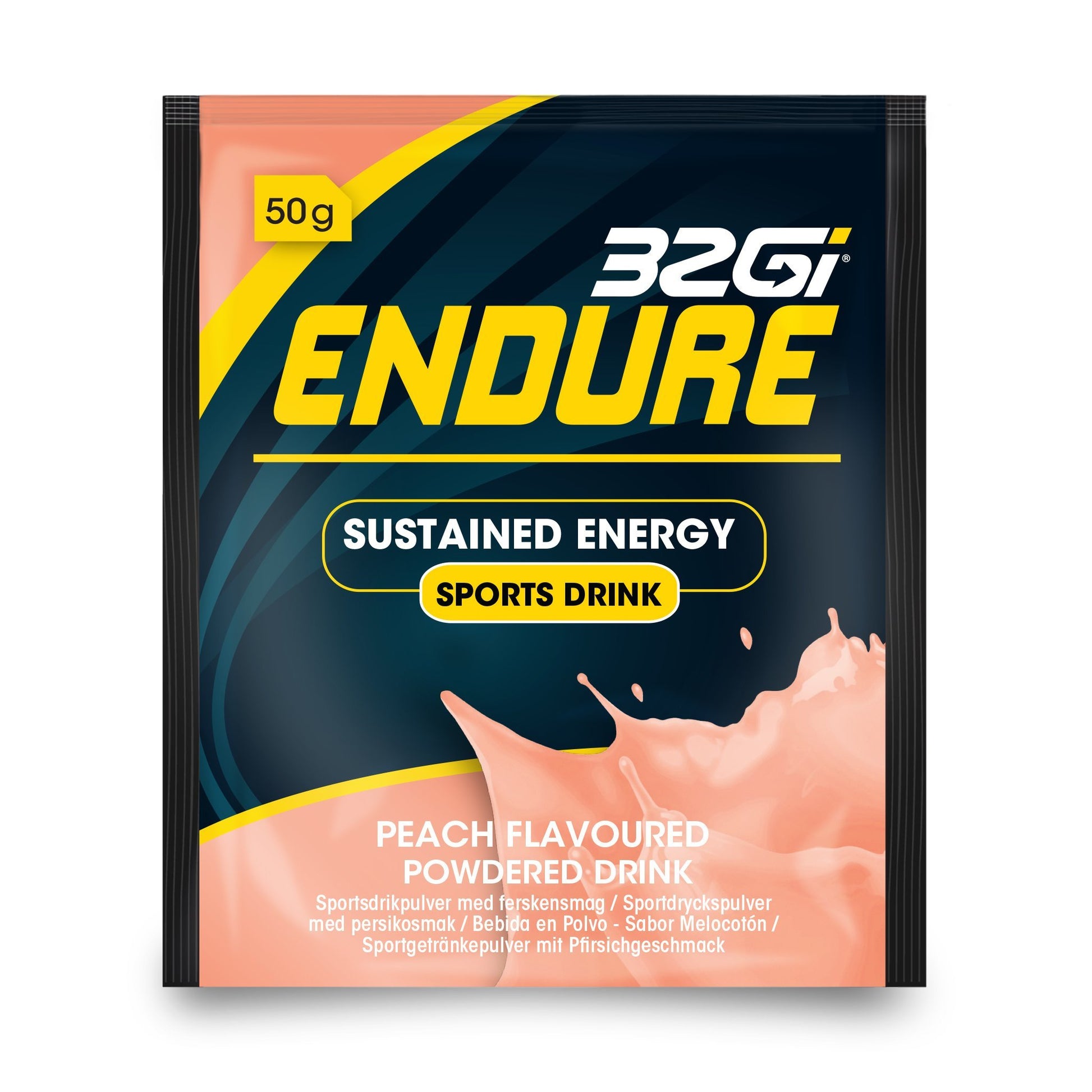
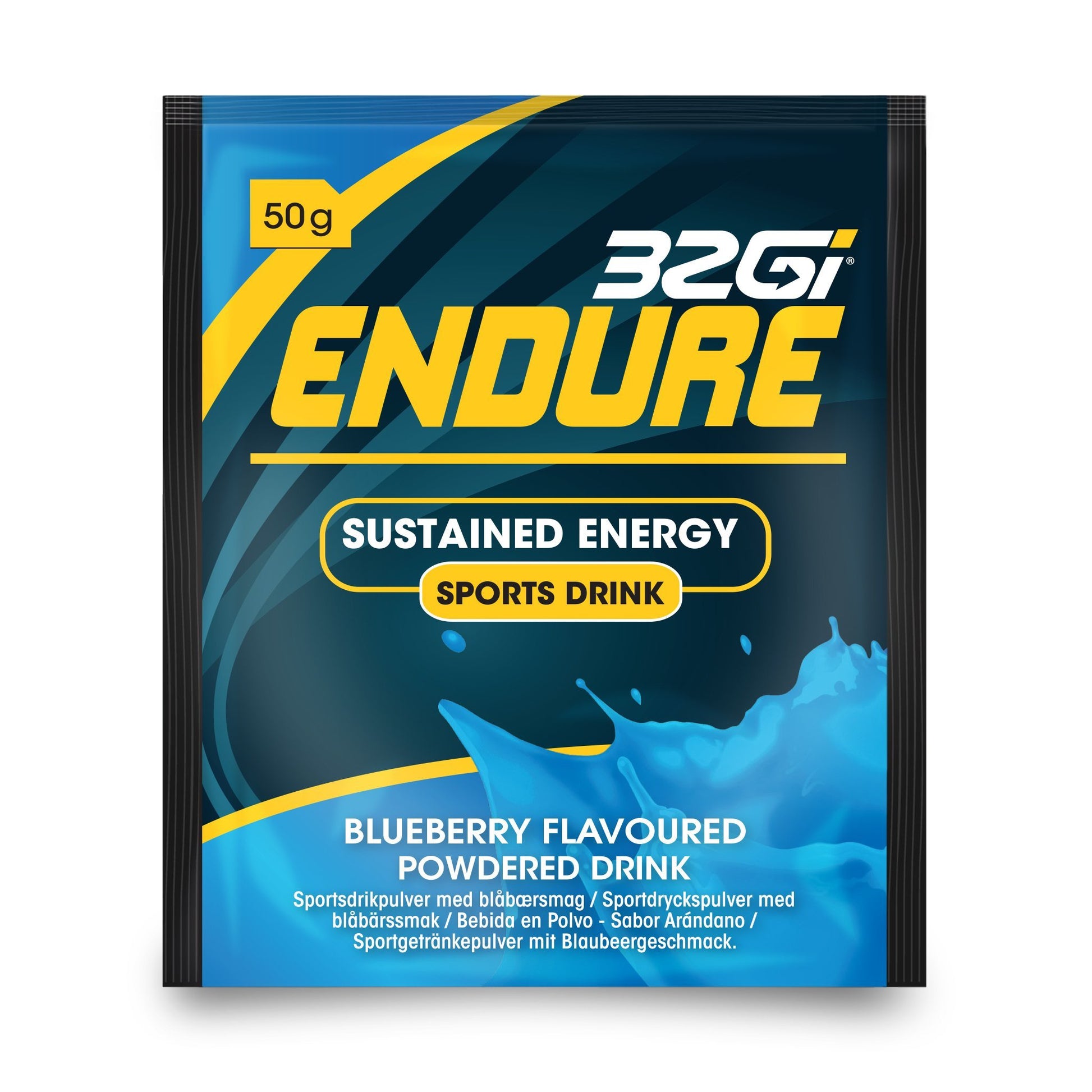
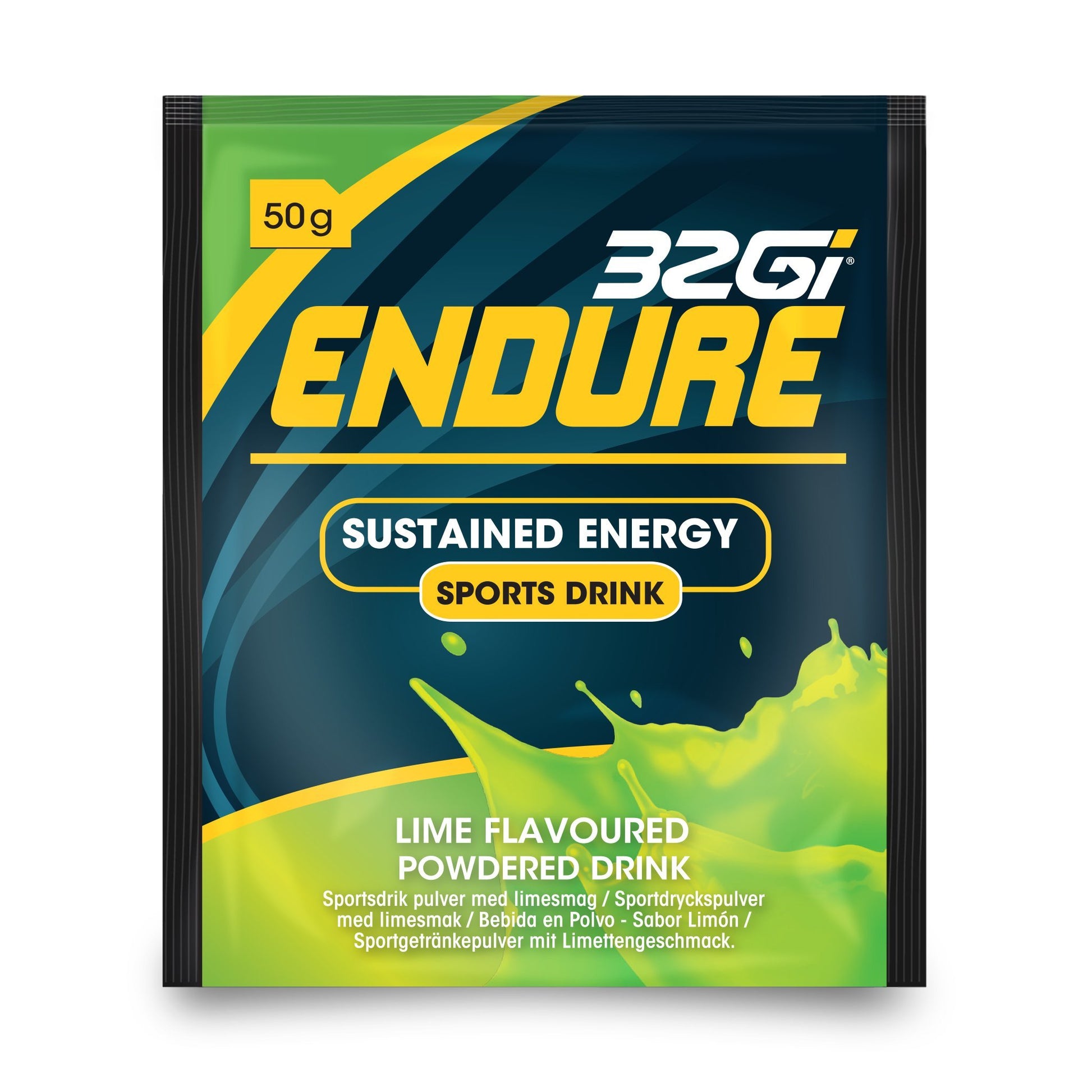
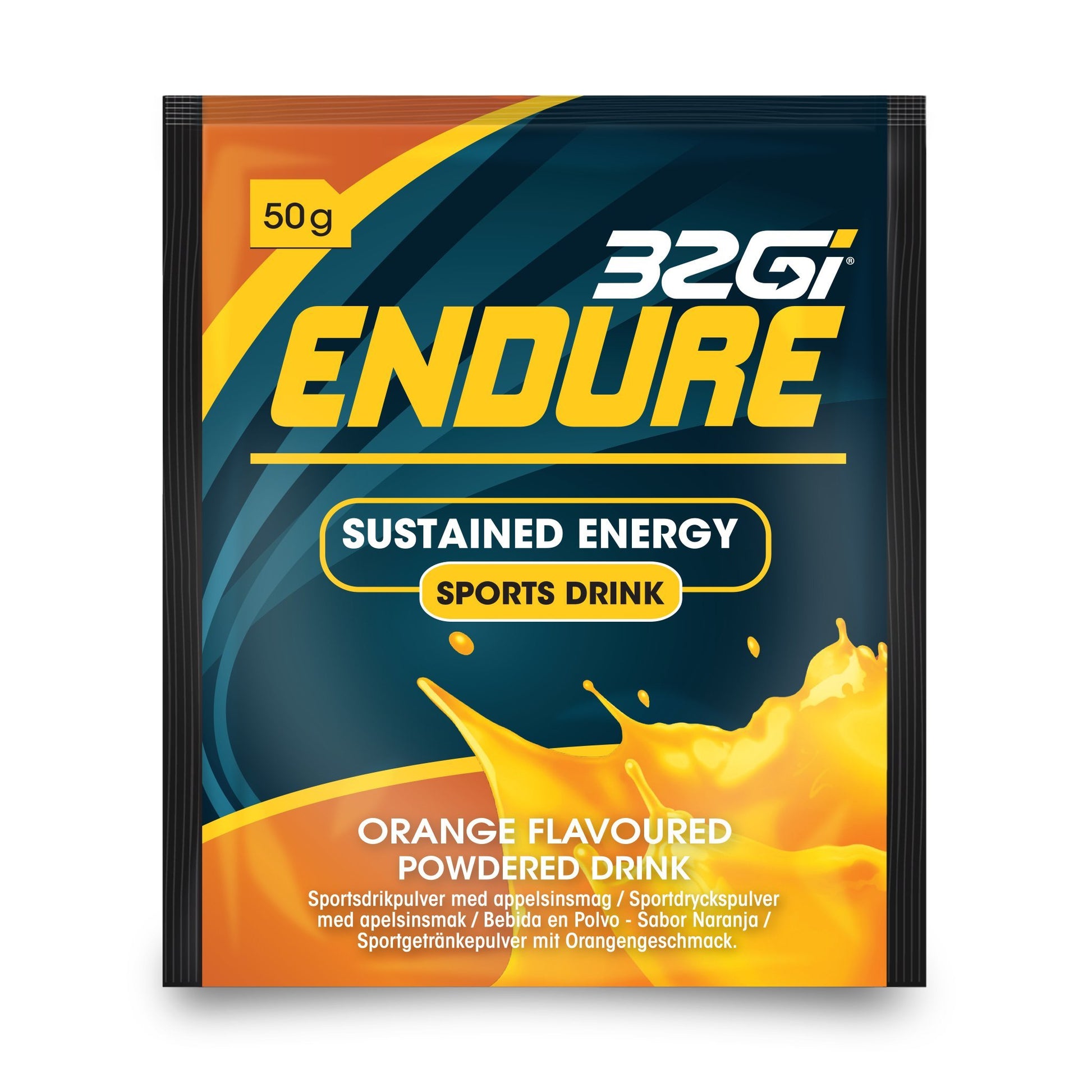
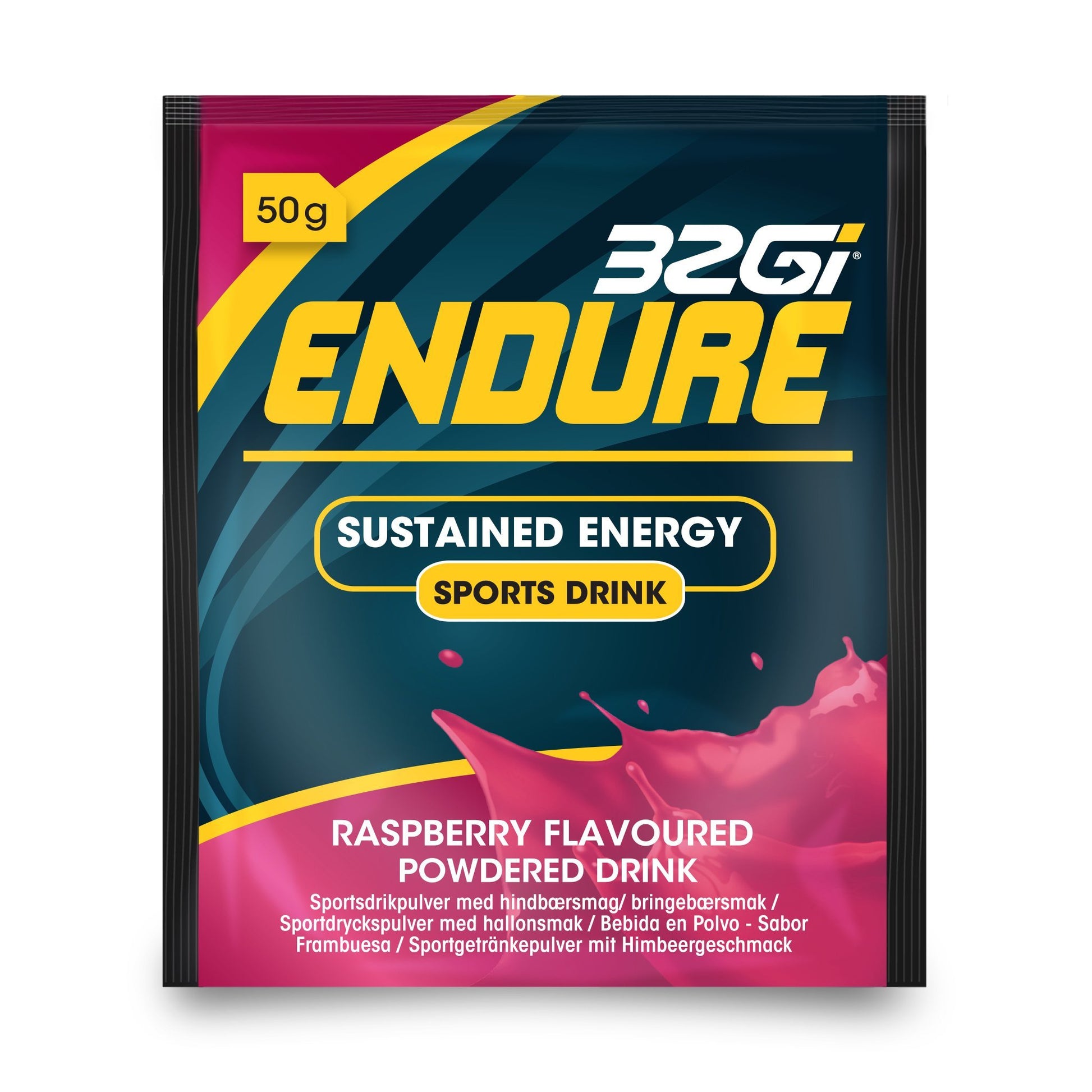
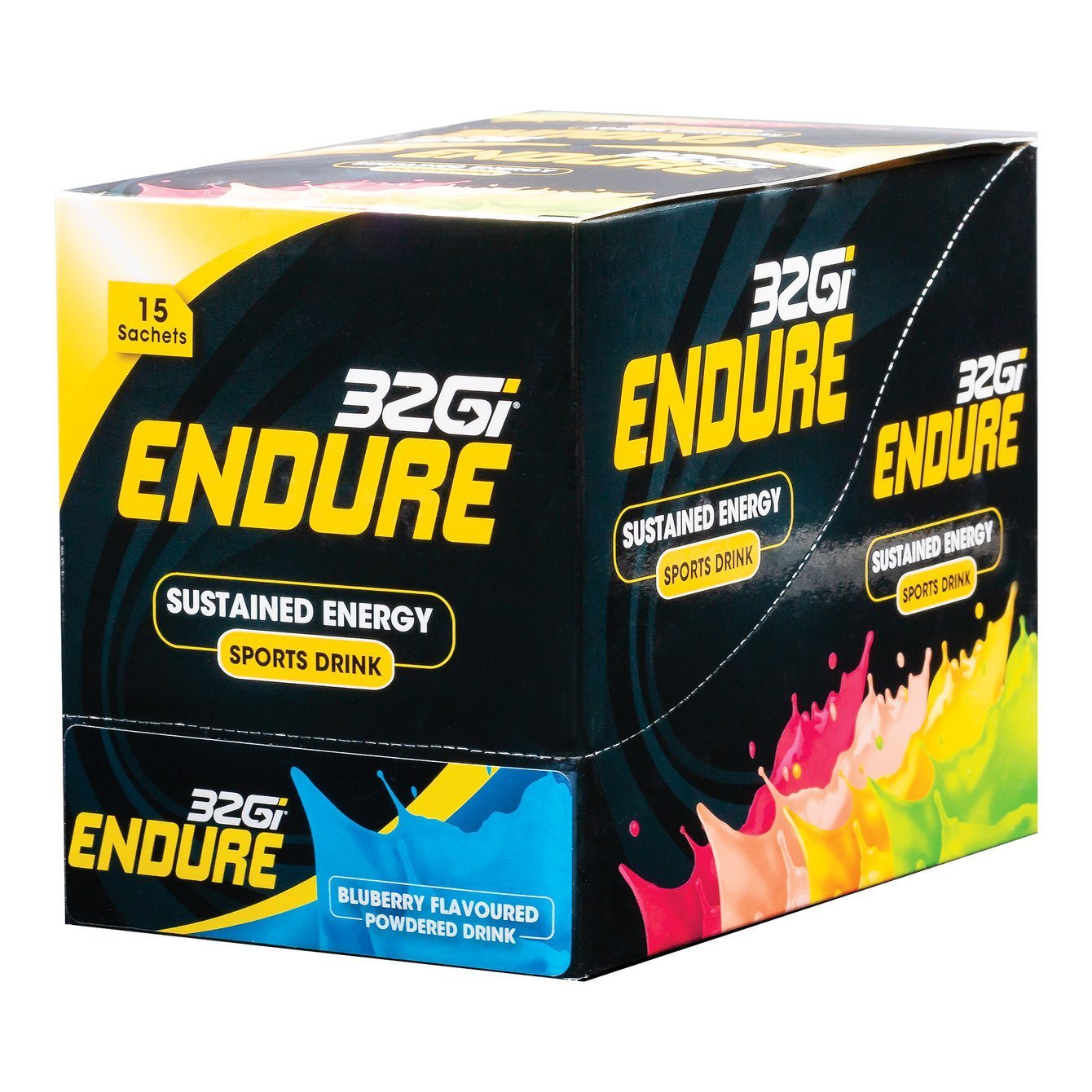
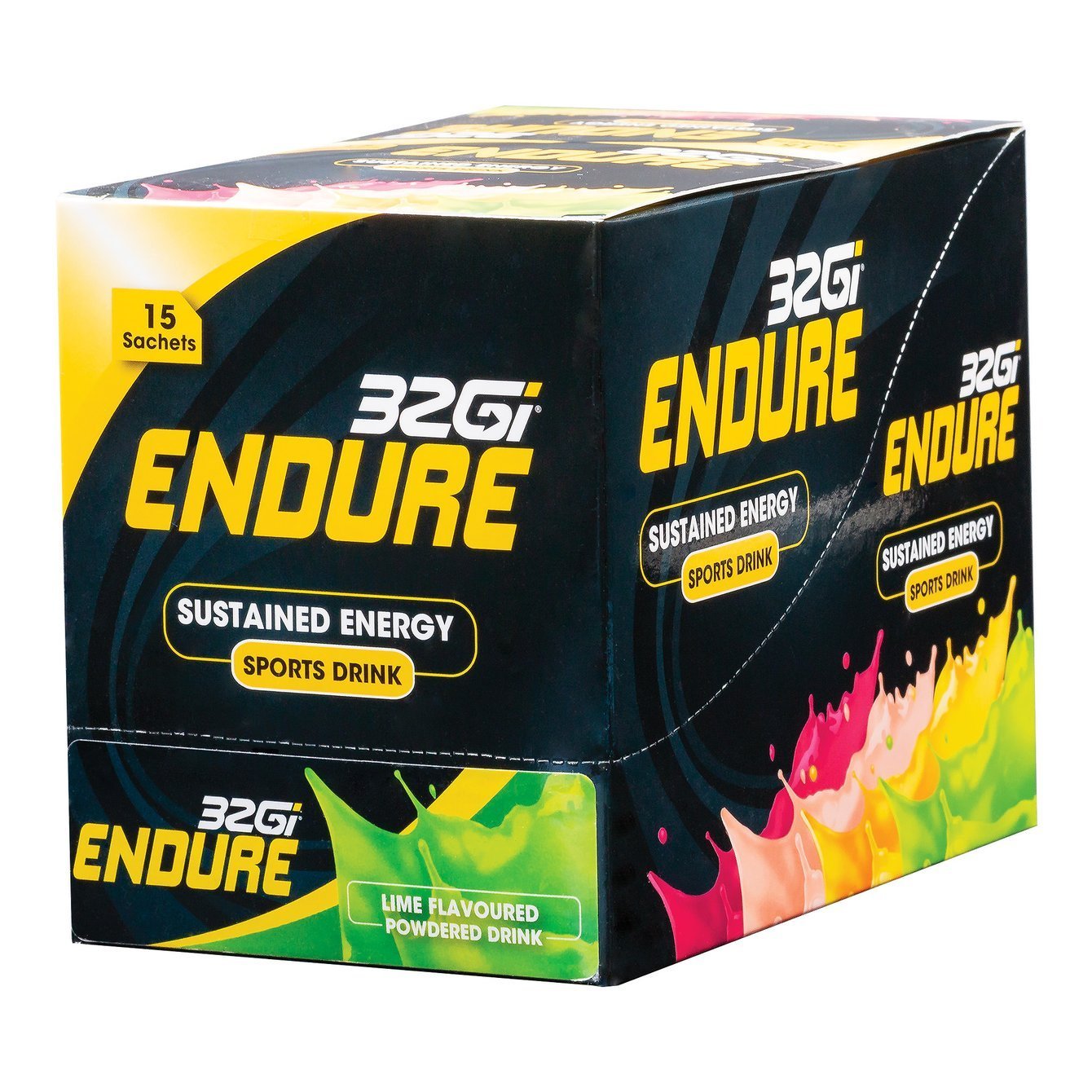
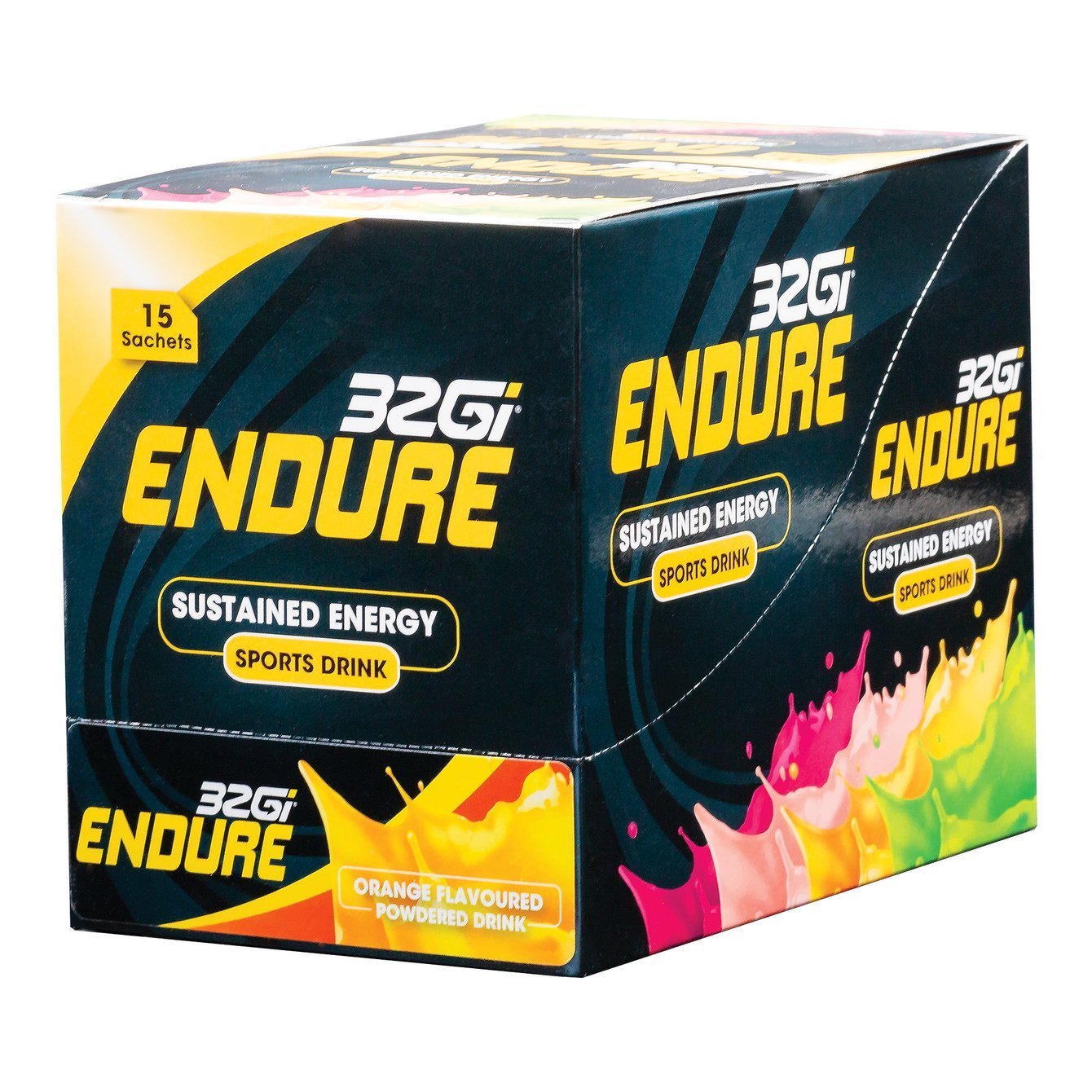
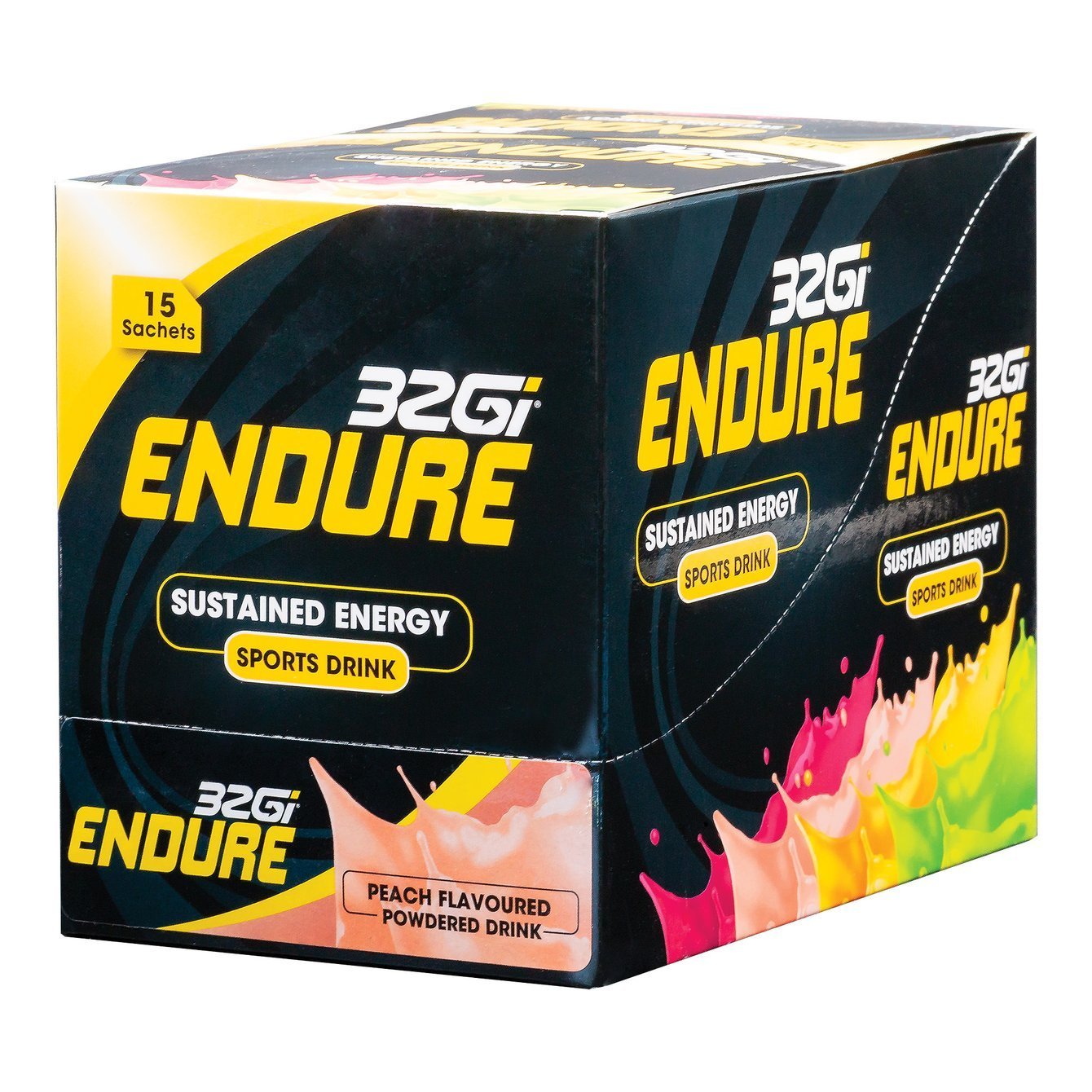
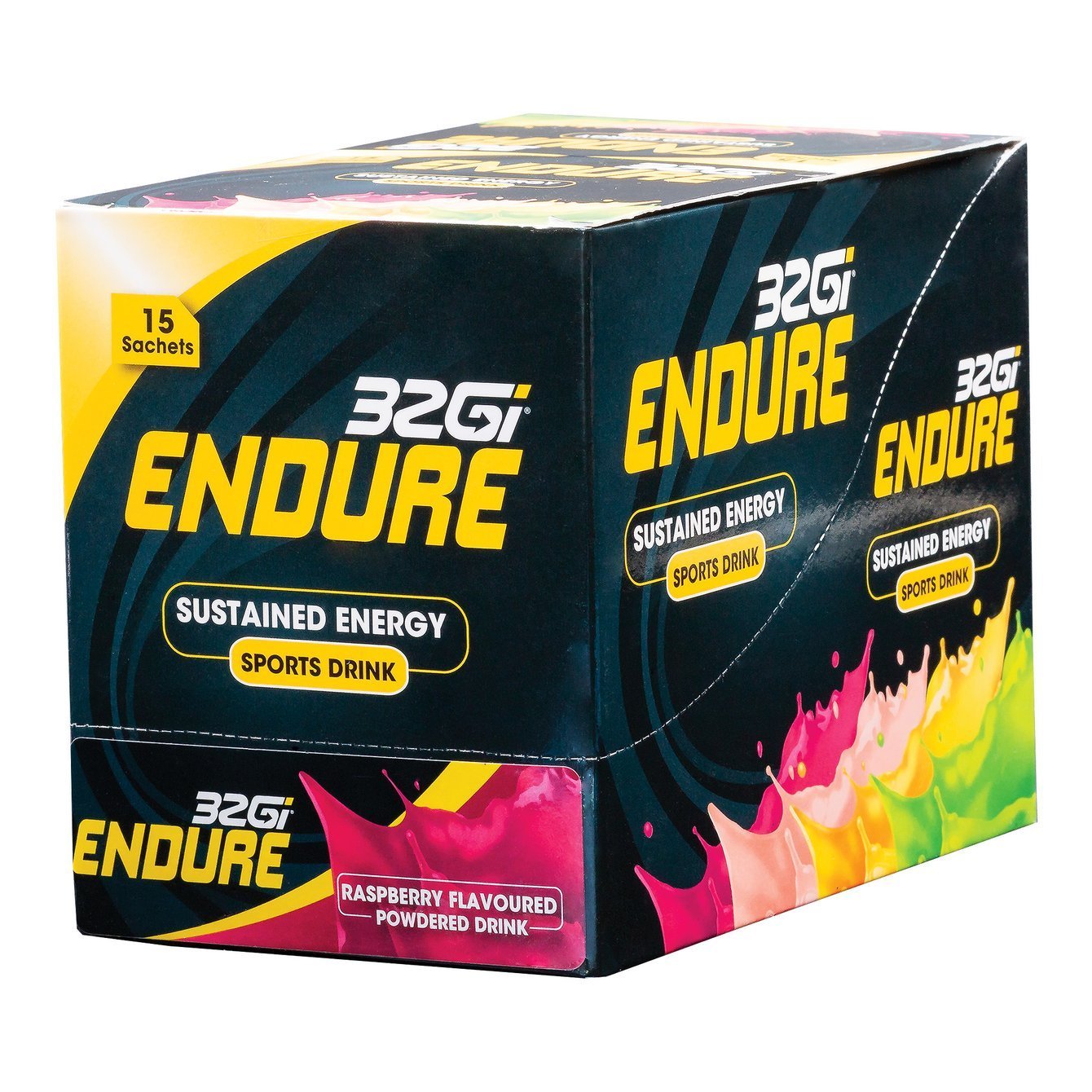
Endure Sports Drink - Sustained Energy
32Gi Endure Sports Drink Tub (900g), a Premium Carbohydrate Drink Supplement for the Endurance Athlete Needing a Slow Release Energy Drink with Electrolytes.
